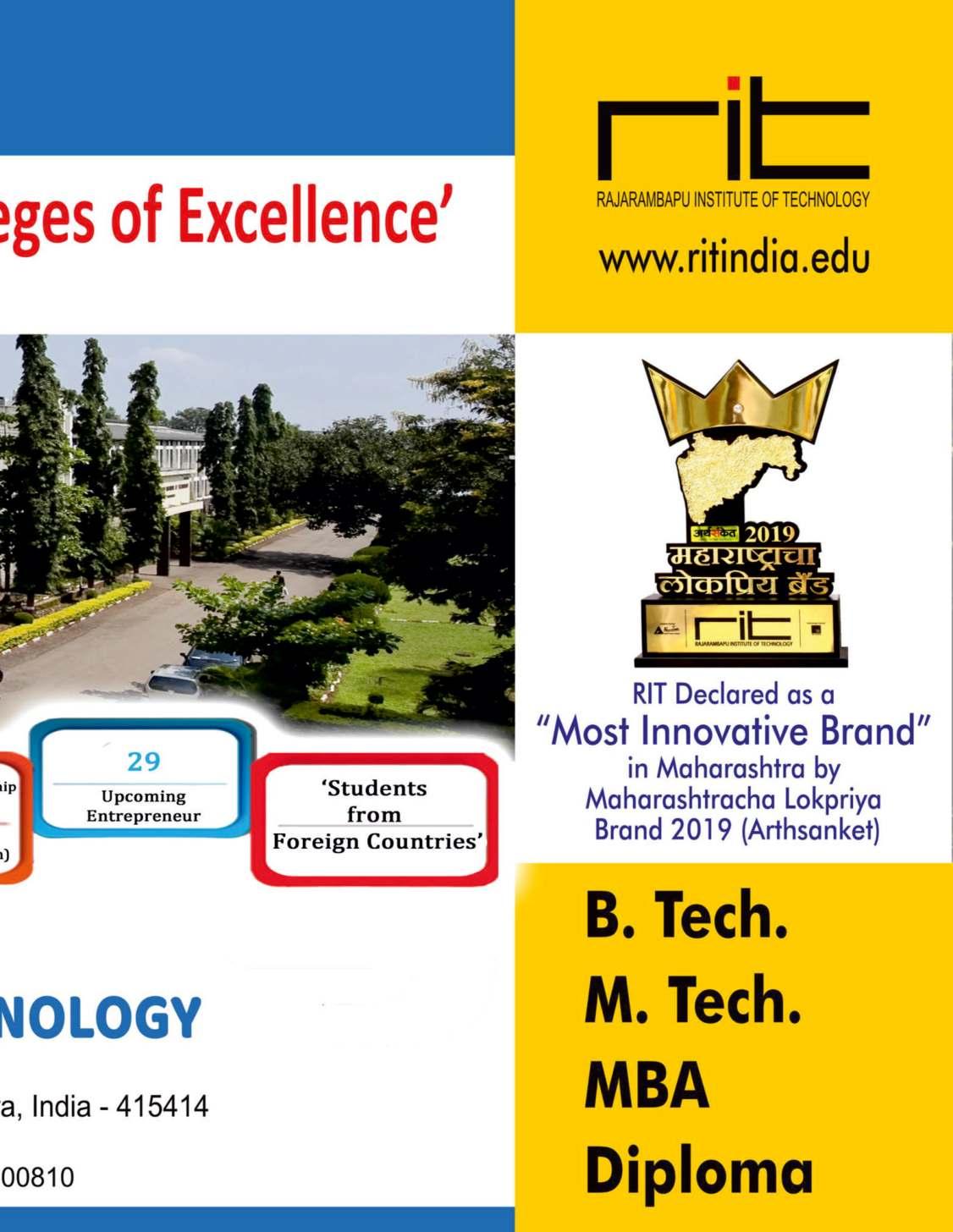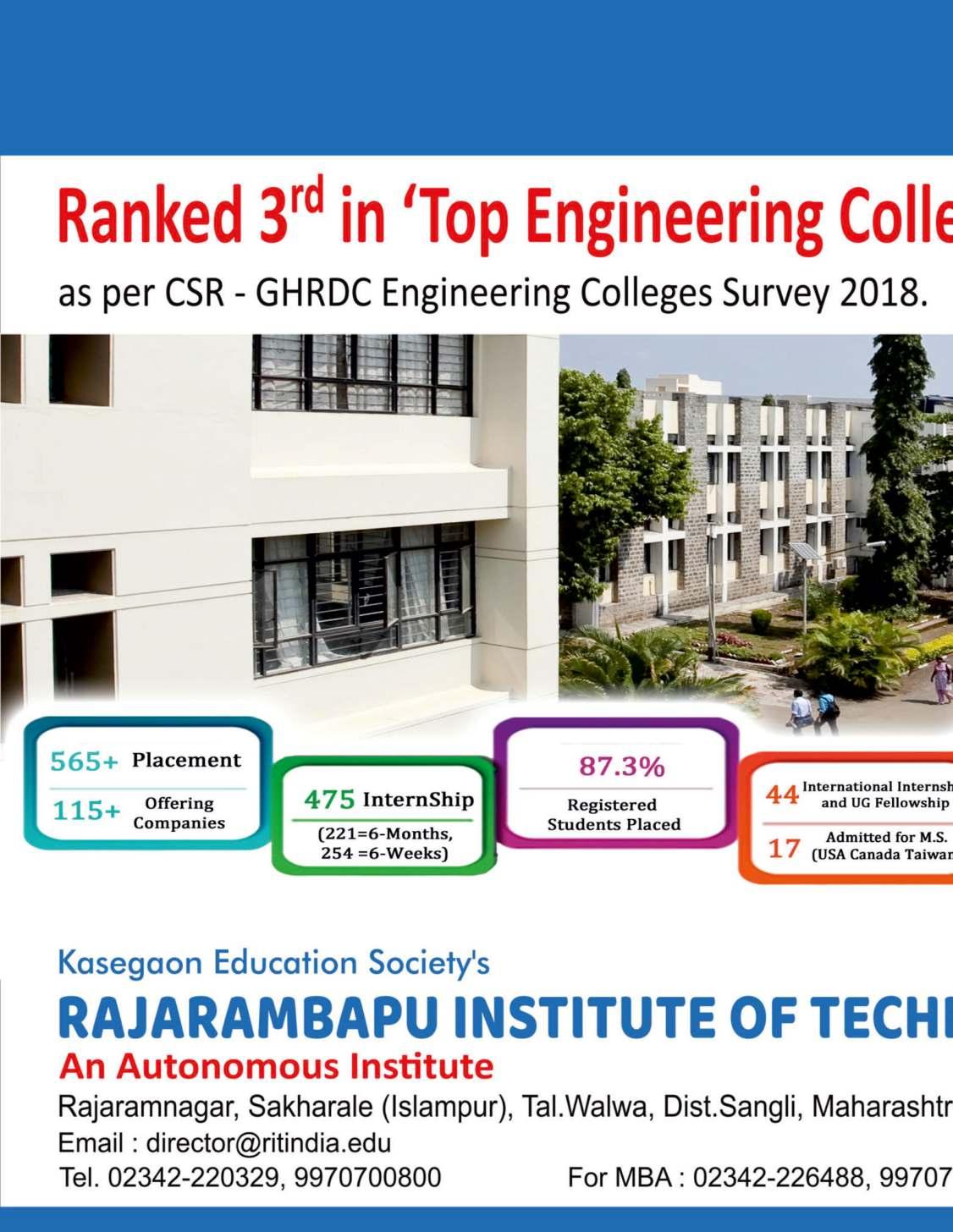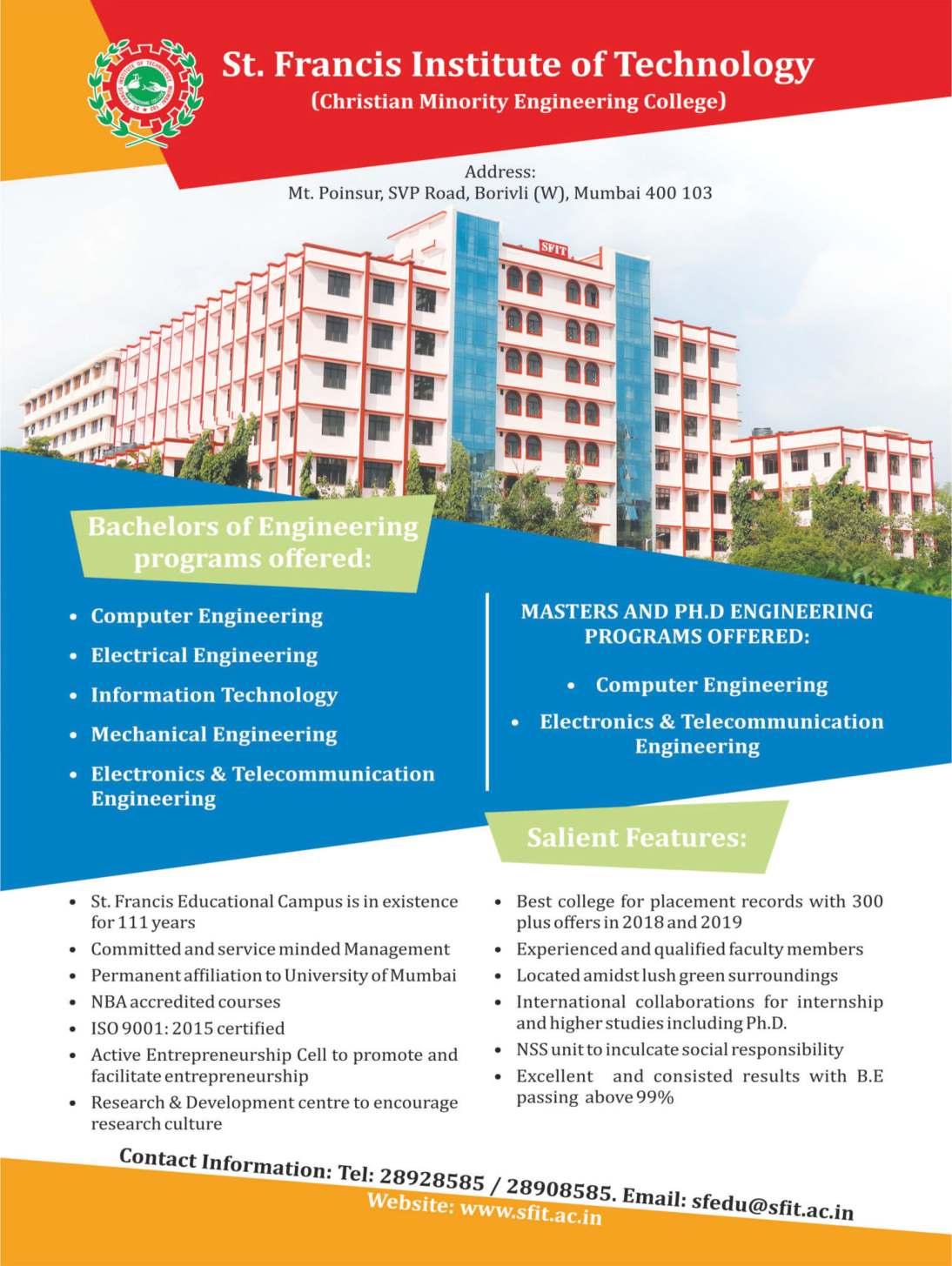Runway to Humanity's Flying Dream



























































EEverything that we see around us is part of a dream that humans must have dreamt about at some point in time. However, particularly pointing out some of the long-seen dreams of man, one dream has been common since the start of human civilization; despite achieving a nick of success in living, man still continues to expand his wings broad to fly high in the open sky.
From the ancient books of mythology, which tell us the fascinating stories of humans flying high in the unbounded sky, to the books of fiction that talk about the different ways humans have used to fly. In all these sections, the man was fighting for his dream of flying against reality.
However, given the curious nature and unmatched willpower to do the impossible, man has been making several attempts to attach two wings to his shoulder plates to make human flying a reality.
The fascination of humans and their dream of flying is so high that the artistic work of even the greatest artists and scientists showcases how a man can accomplish his venture of flying successfully.
After a few nearly successful efforts in making a human elevate his freefalling body in the air, the long-seen and virtually lived the dream of flying saw th its dawn on December 17, 1903. It was a normal morning for the world, but then the two extremely dedicated brothers managed to stay in the air for complete 12 seconds and then bring that dream alive.
After the dream of flying was a reality by some of the most prominent engineers of the past century, the world saw a rise in interest of people wanting to fly as well as fly the aircraft that allowed them to fly.
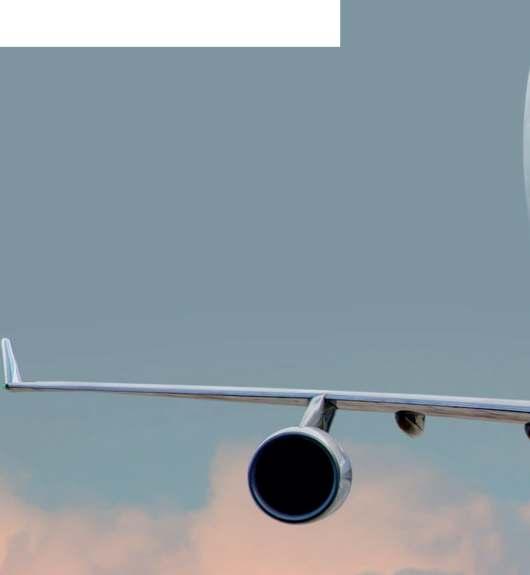
Now that people can actually live their ancestors' long-lasting dreams, the younger generation has seen different dreams of flying high and contributing more to that dream, spreading the broad white wings on the back across existence.
Many prominent Aerospace Engineering Colleges were set up to serve this dream of flying and keeping the dream alive for future generations.
In this modern world where everything is moving fast and swiftly, The Knowledge Review went on a venture to find the best educational institutes that cater to the human dream of flying.
This Edition, 'Aerospace Engineering Colleges of the Year, 2022', aims to bring some of the best Aerospace colleges to the limelight. Flip through the pages to learn about some of the finest Aerospace institutes in the country and also look at the articles that will help you make a wise choice.
Aim High, Read High!



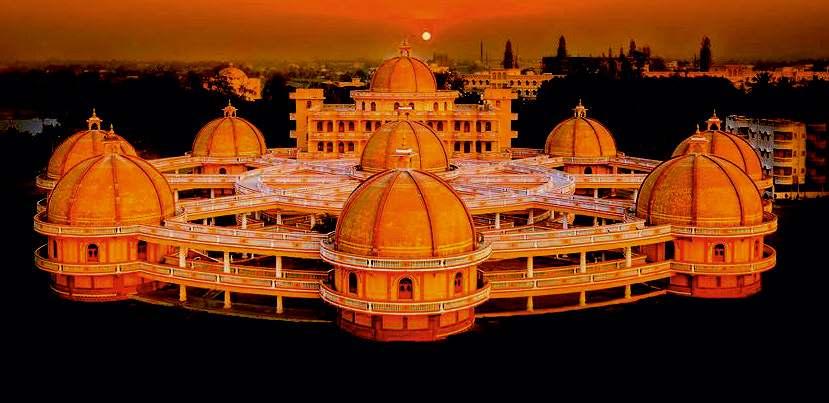








bitmesra.ac.in
bmsce.ac.in
madhaengineering college.com
dsce.edu.in
excelinstitutions.com/ excel_engg/#
kcgcollege.ac.in
mituniversity.edu.in
rvce.edu.in
srec.ac.in

tagore-engg.ac.in

For over five decades, BIT Mesra (located 16 kms from Ranchi, the Jharkhand state-capital) has been engaged in nurturing minds through a rich heritage of academic excellence.
BMSCE is the first private sector initiative in engineering education in India. Over the past 74 years of its illustrious existence, the institution has produced more than 40,000 engineers/leaders who have enriched the world through their immense contributions for mankind.
MEC is proud of its journey that encompasses 24 years, bringing together the engineering aspirants from different regions across the nation who opt this college by choice.
Dayananda Sagar College of Engineering is approved by All India Council for Technical Education (AICTE), Govt. of India and affiliated to Visvesvaraya Technological University.
Excel Engineering College (Autonomous), impart futuristic technical education with a humane touch through its dedicated faculty, so that the students become trendsetting engineers of the modern era and responsible citizens of the nation.
KCG College of Technology, committed to achieving excellence in technical educationand progressive leaders, strives to achieve the institution goal by focusing on the overall development of the students and strengthening their capacities and leadership abilities.
MIT-ADT University is a multidisciplinary state private University. It is part of renowned MIT Group of Institutions, Pune, India. and having necessary recognition & accreditation as per the norms provided by State Government as well as University Grants Commission, India.
RV College of Engineering is ranked among the premier institutions of India for quality technical education and interdisciplinary research with a focus on sustainable technology.
SREC is an autonomous institution offering 9 Undergraduate programmes in the disciplines of Aeronautical, Biomedical, Civil, Mechanical, Electronics and Communication, Electrical and Electronics, Electronics and Instrumentation, Information Technology and Computer Science and Engineering.
The college has a mission to build resources and sustain a high quality teaching – learning environment, to provide state-of-the-art facilities to the faculty & students, to integrate character, ethical and moral values into human resources.
Tagore Engineering College Sri Ramakrishna Engineering College Dayanand Sagar College of Engineering

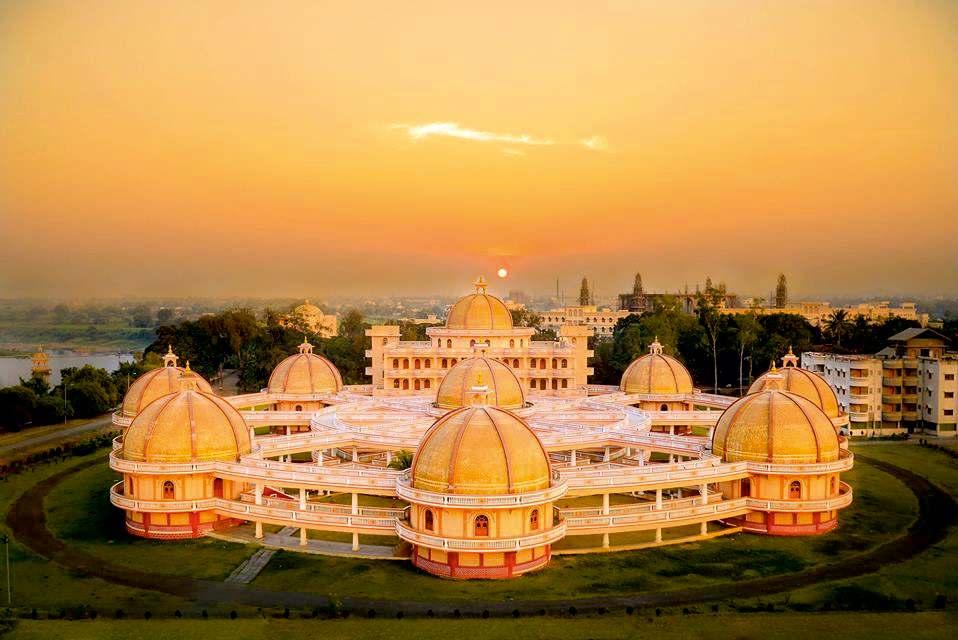

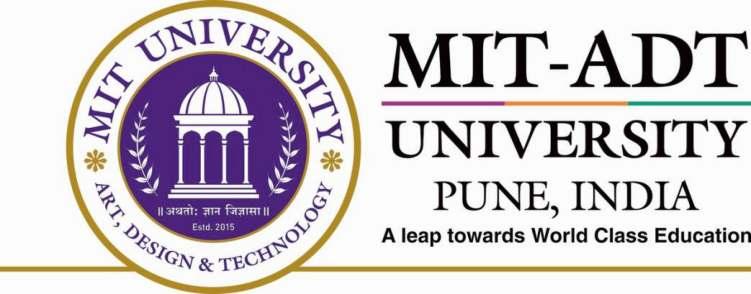

 Runway to Humanity's Flying Dream
Runway to Humanity's Flying Dream
“ The special courses approved by DGCA-Drone Pilot are offered to enhance the employability of graduates. “
Humanity is blessed with the ability to think, and a man's desire to do something extraordinary has shaped the world into what it is today. One of the most daring adventures that man has encountered was flying. In many mythologies, stories and fiction works, humans have deliberately expressed their wish to fly high in the blue sky and feel weightless.
When Wright Brothers designed and flew the world's first successful motor-operated aeroplane, it was clear that humanity was one step closer to achieving its long dream to fly high. World War II significantly changed humanity's flying venture, and after the end of the war, people made aeroplanes available for everyone. Commercialising air transport then opened the door to multiple options for business, and today, it has become one of the significant modes of transport connecting with the world.
With the increasing population and the never-dying human desire to fly, many aspirants wished to fly the mighty objects in the air and explore different parts of the world. Many prominent educational institutes recognised this need and contributed to humanity's lifelong dream of flying by setting up their institutes to teach, train and upskill the students to fly different types of aeroplanes.
With a vision to transform society and feed India's innovation and entrepreneurial culture, MIT-ADT University also introduced the course of Aerospace engineering, among its other engineering courses.

Under the leadership of Executive President & ViceChancellor Prof. Dr Mangesh T. Karad , this venture of MIT-ADT University has produced some of the finest aerospace engineers in the country. The university has equipped the students with all the required knowledge, skills sets, and right mindset to have an entrepreneurial and innovative touch in the field.
The sheer dedication of Prof. Dr Vishwanath Karad laid down the foundation of The MIT Group of Institutions. Prof. Vishwanath Karad has rooted deeply in genuine Indian culture to the genesis of the centre of value-based quality education through MIT. It was established in 1983, on 5th August. From being one of the first private engineering colleges in Maharashtra to being an autonomous private university, the MIT-ADT University has indeed come a long way.
The UGC also recognises the university as a multidisciplinary university. The campus was incorporated as a distinct university in June 2016 under the MIT Art, Design and Technology University Act, by State Govt of Maharashtra XXXIV, 2015. Today, the university offers Graduate, Postgraduate and Doctoral level courses in many disciplines and homes 125 acres of campus with around 3500+ Student's accommodation is available on Campus.
The person who has empowered the university with quality education in multidisciplinary fields is Prof. Dr Mangesh Karad, the Executive President and Vice-Chancellor of MIT-ADT. He has embraced a vision of holistic and inclusive development in curriculum, which has successfully raised and elevated the international standards of education in all spheres, especially in Pune – the Oxford of the east.
Being an educationist with a keen interest in engineering niches, Prof. Mangesh Karad has introduced specialised courses like Naval Engineering, Food technology, Bio Engineering etc., to transform students into industry leaders. All the efforts aim toward one goal, which is to recognise MIT as a world-class educational institute.
Prof. Dr Sunita M Karad , Dean, Engineering and Management, Director-MITCOM & ICT, MIT-ADT University , an eminent academician, and researcher, has been associated with the university for more than 25 years and has held various key positions during the evolution of the university.
A Vision to Transform Society Mission and Vision
MIT-ADT University was set up with a mission to be the university of Eminence by amalgamating Art, Design, Science, and Technology. With a vision to have a

“
School like MIT School of Holistic Development (MITSHD) endeavours to nurture 'Wholesome Personality' of students to create Winning Personalities and
Comprehensive Global Professionals, well equipped with knowledge, skills, competencies, values, and helps for the Campus to Corporate Transformation.
transformative impact on society, the university has chosen the route of holistic education, multidisciplinary research ethos, innovation, and entrepreneurial culture.
Dr Sunita Karad believes in staying true to its core values, which are based on:
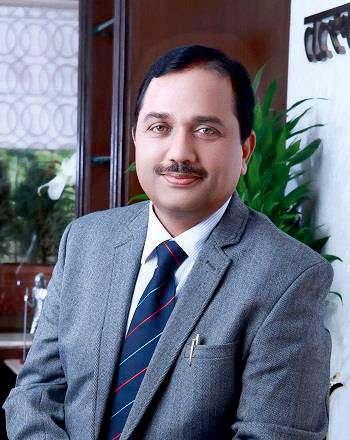
Ÿ
Honesty & Integrity : The university promotes the highest standards of honesty and integrity to ensure the recognition of the inherent benefits of living these ideals.
Ÿ Mutual Respect: The university fosters an environment that nurtures the spirit of trust, teamwork, openness, and respect among every community member, thus ensuring a favourable environment necessary for professional development.
Ÿ
Pursuit of Excellence: The university encourages the pursuit of the highest possible level of academic performance and personal development amongst all the community members.
About the Department of Aerospace Engineering Department of Aerospace Engineering of our university is aimed at imparting sound knowledge in the fundamental areas of the disciplines and expose students to advanced applications of this knowledge. The students will get the specialized training in the design and development of launch vehicles, aircraft and space craft.
Ÿ
Personal Accountability: Encourages the acknowledgement, understanding and acceptance of responsibility for upholding and reinforcing the institute's values amongst all the community members.
Ÿ

Equality: The university is committed to creating a society where everyone is appreciated and judged based on their contributions and performance regardless of gender, race, religion, physical abilities, sexual identity, or socio-economic conditions.
Students of the B. Tech program in Aerospace Engineering are equipped to undertake challenging work in the Aerospace Engineering industry, in areas like propulsion systems, aerodynamic design, structural systems, precision manufacturing, etc. Students will get a chance to work on live projects. With experience in such projects and with good performance, they could be given the responsibility of leading teams which design and develop aerospace Systems and Subsystems.
“
Twenty-plus credits are given for campus to corporate transformation and involvement of separate schools like MIT SHD and MIT SCIL where they play a key role in the transformation of students' personality and imparting the right skill-sets which are required in the corporate. “Prof. Dr Mangesh T. Karad Executive President and Vice Chancellor, MIT-ADT University, Loni Kalbhor, Pune

The conventional teaching-learning processes are necessary for the understanding of the subject. However, through various on-field aids like Industrial visits, Internships, and Industrial sponsored Projects, MIT-ADT University enhances the learning processes that excite students and add value to the equipped knowledge. Moreover, the guest lectures from eminent personalities are arranged to get industry knowledge for both students and faculty members.
The University believes that Value Added Programmes can impart quality training to students, which is why various training is provided to students for software, designing methodologies, analytical procedures, etc.
Emphasising on the value-added programs, Prof. Dr Mangesh Karad expresses, "Value-Added Training related to Core Aerospace Engineering - Basics of Computational Fluid Dynamics (CFD), Advanced CFD & its applications in Aerospace Engineering and other fields, Structural Analysis using Ansys FEM, Drone development & flying, MATLAB and its applications to Aerospace Engineering, Collaboration with Indian Institute of Remote Sensing and Satellites-Out Reach Programs."
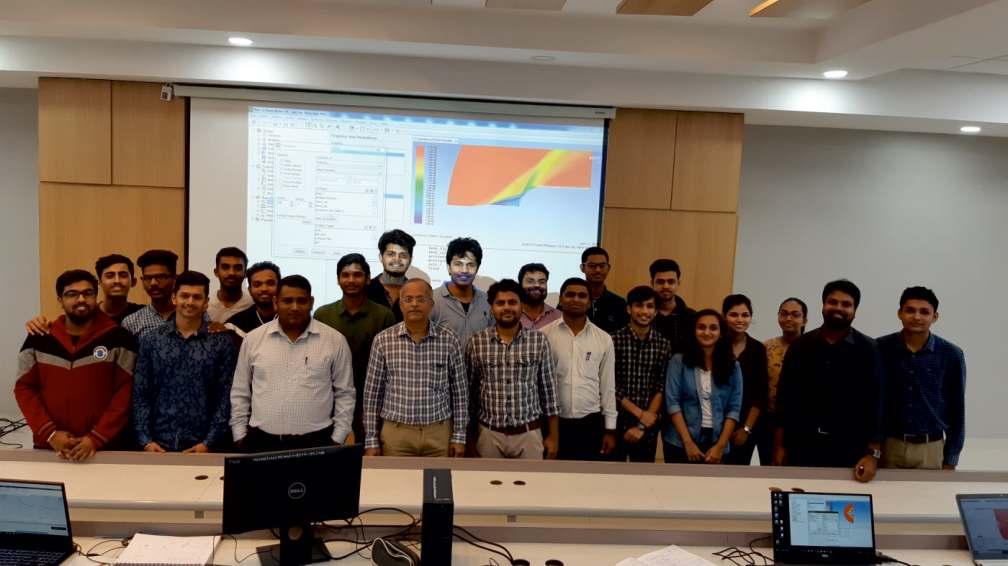
To enhance the knowledge and imbibe an industry experience to its students, the Department of Aerospace Engineering has Collaborations with Foreign Institutes and Universities like IT Carlow – Ireland, Sejong University –South Korea, KIT – Germany, Technicon University –Israel, Universidad Ray Juan Carlos – Spain. Professors from these Prestigious Institutes and Universities guide
students in their mini/major projects, internships and higher education in these institutions.
Guiding Students for a Successful Career in Aerospace Engineering
MIT-ADT University emphasises specialised training in the sub-specialisation domain chosen by the student. As the domains are classified as Aerodynamics, Propulsion, Structures, Flight Mechanics, Navigation, Guidance and Control, the career option of students gets filtered. Moreover, all the programs are carefully curated and designed by industry and academia experts with a projectbased learning approach to equip students with the skills and knowledge that match today's job requirements.
Expressing his views on the Aerospace Curriculum, Prof. Dr Mangesh Karad says, "In addition to the curriculum, the special courses approved by DGCA-Drone Pilot are offered to enhance the employability of graduatesWith experience in such projects and with good performance, they could be given the responsibility of leading the teams which design and develop aerospace subsystems and systems. Students are trained to complete Domain Knowledge certification."
One of its kind Infrastructure and Educational Facilities
A unique building called ICT Tower, spread across 6,00,000 sq. ft., is uniquely designed and curated for multidisciplinary programs in Engineering and Management. With a capacity of 5000+ students, the tower houses more than 50+ laboratories and 1000+ highperformance computers for training and research activities for students, scholars, and faculties.
The Department of Aerospace Engineering has equipped laboratories like Aerodynamics, Rocket Propulsion (First of its kind set up for UG studies), Aircraft Propulsion, Aircraft Structures, Avionics, Control, Fluid Mechanics, Applied Thermodynamics, Machines and Mechanisms, Electronics & Instrumentation. Along with such advanced laboratories, the campus also has a computer laboratory with software installed like ANSYS 18.1: CFD, Structural Analysis, etc., MATLAB V. 2018: Programming, Simulink, Optimization, Cero 6.0: CAD. Apart from these labs the Department also have a Centre of Excellence for CFD. The Centre of Excellence for CFD in the aerospace engineering department is dedicated to carry out high end computational research work. The students and faculty members of the department are actively involved in various research works carried out in collaboration with various organisations within India and abroad. Furthermore, with the CoE CFD, the department of aerospace engineering conducts internships and workshops from time to time where students from all around the country participate actively.

Addressing the changing dynamics of the aerospace industry, Prof. Dr Sunita Karad says, "While the Indian aerospace industry is predominantly driven by government/public sector units, the potential prospects in the ‘design to construct’ lifecycle (both public and private) are enormous. India's engineering workforce, quickly increasing engineering services/R&D capabilities, and geographical location in Southeast Asia position it as a potential global centre for both manufacturing-maintenance and repair."
The college provides internship opportunities to all the students in Government Organisations like DRDO (HEMRL, ARDE, DRDL,ACEM), ISRO (SAC, LEOS, NESAC), PSU (HAL, BDL), Multinational companies (Tata Technologies, Bharat Forge, TBAL, FACC, Paras), start-ups and many aerospace relevant industries to make students familiar with latest technologies and recent trends of the industry.
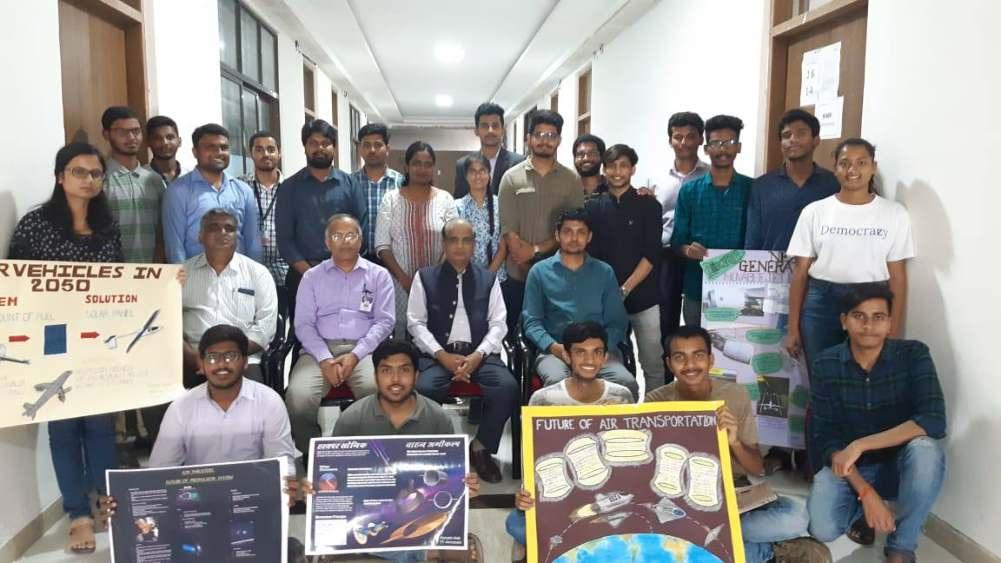
For students who wish to study further, proper guidance is provided by the college to the students. "We conduct GATE coaching classes for our students. We conduct webinars/guest lectures with experts from academia and industry professionals to provide guidance for higher
education in foreign universities," Prof. Dr Sunita Karad adds.
Flight for a Bright Future Aerospace engineering is something that requires perfection, and the B. Tech Program in Aerospace Engineering at MIT-ADT university imparts sound knowledge in the fundamental niche areas of the discipline. From specialised training in design and development to the launch of aircraft, vehicles and spacecraft, the university trains and provide the right exposure to the students.
Shedding light on the university's contribution to the advancements in aerospace's future, the Vice-Chancellor of the university says, "Students of the B. Tech program in Aerospace Engineering are equipped to undertake challenging work in the Aerospace industry, in areas like propulsion systems, aerodynamic design, structural systems, precision manufacturing, etc. Students will get a chance to work on live projects. With a rich experience in such niche projects and good performance, they could be given the responsibility of leading teams who design and develop aerospace systems and subsystems."
Aiming to Create a Centre of Excellence
Taking about the future of the MIT-ADT University's School of Engineering, Department of Arospace Engineering Prof Dr Sunita Karad says, "School of Engineering is Centre of Excellence for all the budding Engineers who can avail the domain knowledge and excel in their careers by getting the skills required and be available industry-ready."

The Department of Aerospace Engineering believes that the institute's success relies on the success of its students. Here are some of the most notable achievements, accolades, accreditations, and awards: Ÿ Aashish Sudam Sarode participated in International Astronomy and Astrophysics Competition and secured Bronze Medal Ÿ Shrikant Dnyandev Sude participated in Saur Urja Vehicle Challenge (SUVC-2020) and secured AIR-2 Ÿ Rakshita Devi & RushikeshPatil participated in the RC Aircraft event at nd IIT Kharagpur and secured 2 prize. Ÿ Rishabh Naik & Rushikesh Karandikar participated in the Rocket st launching event at COEP Pune and secured 1 prize.
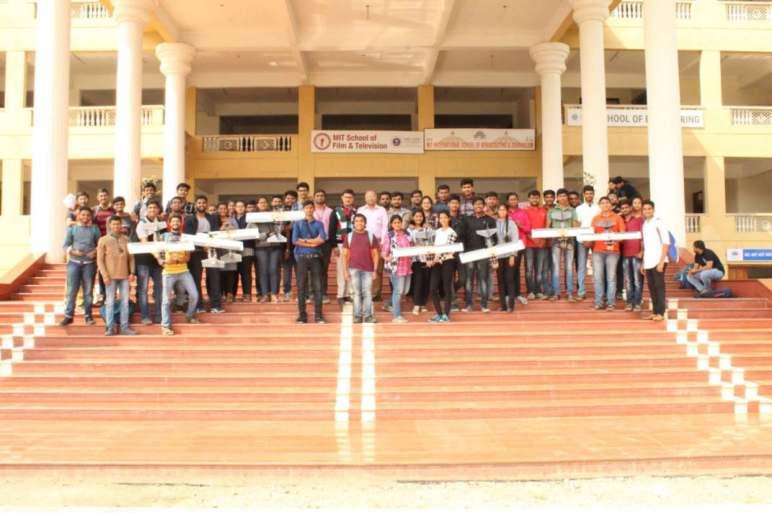

Entrepreneurial Achievement : Second-year student of Aerospace Engineering developed an Automatic Sanitiser during the time of COVID-19 lockdown and started his own entrepreneurial venture.
Achievements of the faculties of the Department of Aerospace Engineering : One patent has been granted and two patents have been filed by the faculties of the department. Total research papers published by the faculties of the department in reputed journals/conferences are 95+. Book chapters published by the faculties of the department are 07 and 02 are accepted and in press for publishing. Copy rights published by the faculties of the department are 18. There are sponsored projects funded by DRDO (ARDE, HEMRL) which received a grant of 45+ Lakhs.
As children, we have all wished

for our paper plans to carry us somewhere, where there is peace, a huge playground with the most amazing slides, and food stalls filled with candies and our favourite foods.
Movies have always anchored futuristic designs and technology; one


movie that made us all experience the future was WALL-E. It has aptly shown how technology can transcend the human aerospace experience. It had got us all in awe where the characters lived above the ground –watching football matches, playing games, cooking, living, sleeping, and doing everything on the modified aeroplanes.

Well, who imagined that a movie could st turn into reality in the 21 century?


Alas, we humans can now FLY! Fly higher like a bird, cross oceans and live our little dream of being a free bird.

Man has always been a curious being. Curiosity led to innovations, and these innovations gave us luxury and leisure.
While the use of technology has revamped mostly all sectors, the aerospace sector has taken off its flight higher in terms of technology incorporated. This has heightened consumer in-flight experience and has given a boost to aerospace consumerism.

Moving ahead from the first flight by the Wright brothers to Elon Musk's private space flight, we have all come a long way. The aerospace sector has become important in the globalized and modernized world. From carrying passengers and cargo to taking a flight in lower earth orbit, the sector is also aiding the development of a country. It helps in delivering construction materials, helping surveillance, and policing, providing other heavy industries to grow, and creating job opportunities in the sector. But the major growth by far has been in transforming the human air travel experience.
Modern technologies, a few of which are discussed below, are helping aerospace to take an innovative turn that has led to greater consumerism. Even on an ordinary flight, we get to explore advanced technologies. Doesn't this propel our restless minds to take a sneak peek into this amazing modern technology and learn how it is changing the human air journey?
You are at the right place then. This article takes you through a few amazing technologies helping ace humans venture into flying. Let's take off!
The appearance of Iron man, the protagonist in our favourite Marvel movies, was always a long-awaited watch in childhood. Well, science has now provided us all the opportunity to be a real iron man. This has been made possible via VLOT aircraft. The electrical vertical take-off and landing aircraft (EVLOT) is being used to power jet suits for humans that can take a human from one place to another via aerial route. Big industries
like Draper and Gravity Industries ltd have invested in manufacturing these jet suits. The suit will help the military, especially, in remote areas, to commute from one place to other, which would lessen road traffic and minimize time costs.
The cartoon character of the popular cartoon Tom and Jerry, the cat Tom, has his magical flying broom to fly and catch the other character, Jerry. Though not brooms, today's technology has made flying motorcycles and bikes a reality. Many Asian countries are trying their hand at this, for example, Japan, India, etc. Apart from government efforts, private companies like Jet pack aviation are also contributing here.
Expanding the air car commercially, the air taxi, which is an on-demand service in various countries, was launched. Companies like Toyota and Airbus have offered air taxi services at a certain price, for example – Vahana Airlines of Airbus or Toyota's electric air taxi company Joby Aviation.
Apart from exploring the stratosphere, technology partnered with private firms is taking humans to explore outer space. They have also added a sustainability component to make it environment friendly and reduce costs too. Let's see how.
Reusable rocket technologies are preferred among environmental concerns. By using reusable technology, SpaceX's Dragon has achieved the great feat of carrying humans to space. This has initiated taking up space tourism by many entrepreneurs and the business class leaving us space bound!
Apart from enabling air travel, technology has also upgraded air travel. From cuisines to books to a spa – a customer can get everything. These upgrades are discussed further.
Apart from designing prototypes to enhance the air travel experience, various technologies are also upscaling airline experiences through world-class technology.
Emirates airlines, known to be the most luxurious airline, provides a personal chauffer, different cuisines to grab up during the flight, or even noise cancellation earphones to help you have your own space.
Other popular technologies like Beacon help passengers to navigate easily and also help personalize passenger services while providing the relevant information to the cabin crew too.
As it is essential to keep track of enormous document data of passengers, Docunet is helping keep those bulky information entries in one place with ease of access and use, making them "electronic sky bags".
LIMITLESS AEROSPACE.
Aerospace has now been redefined with the increased aerial presence of humans for a longer time. It has transformed the experience for them. This has led to the aerospace industry creating more than 4000 job openings. Blockchain, Artificial intelligence, nanoneedles, and face recognition have helped quick passenger inspection and help use new routes to optimize travel as well as cut down emissions. There is no looking back now. Lets' now just say the sky is the limit for growth and up-gradation in this sector.



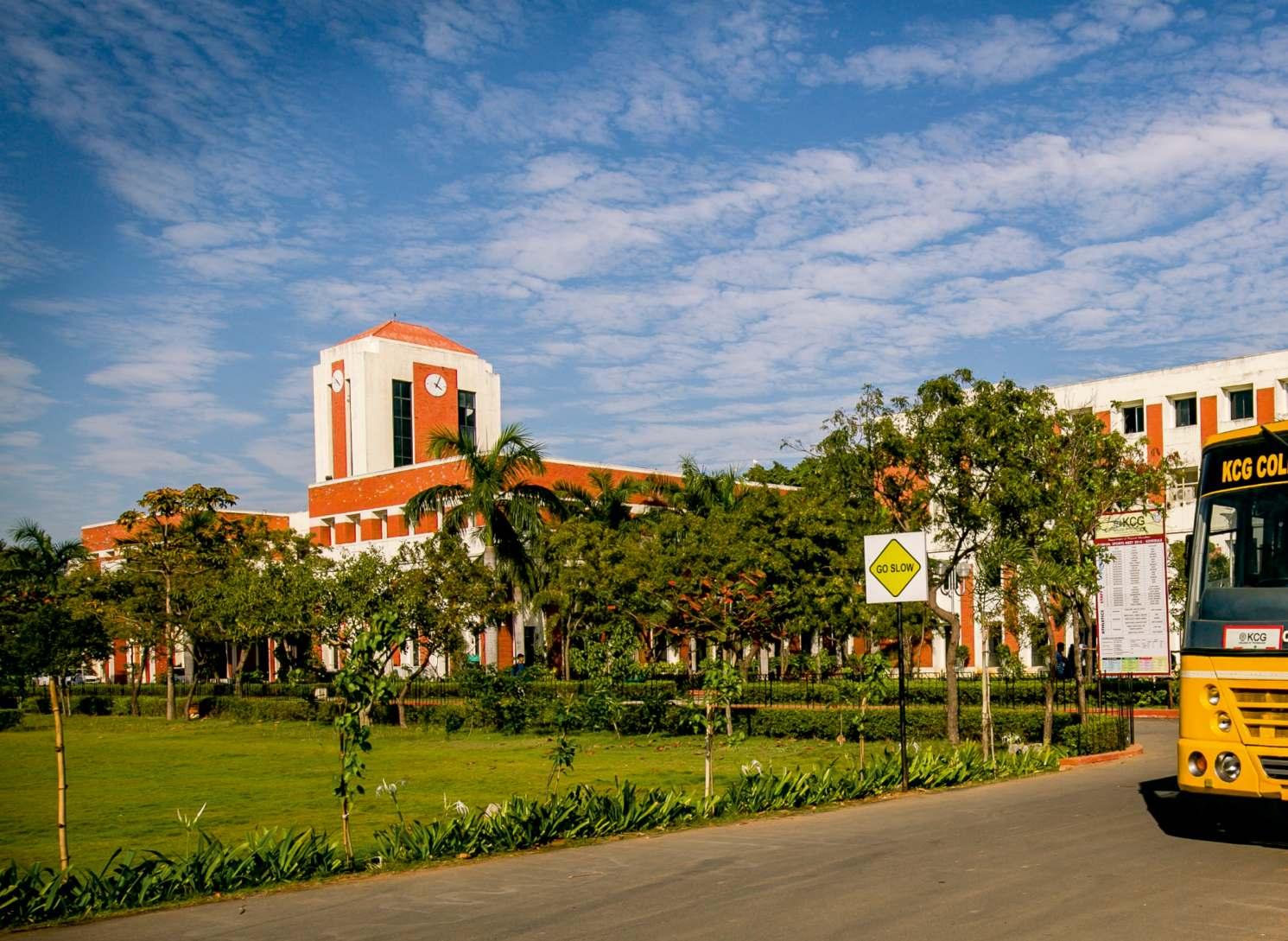
Engineering and Technology education has been continuously making significant strides of progress ever since it found a special place in the Indian higher education ecosystem. Today, while numerous institutes across the country are offering Engineering and technological programmes, KCG College of Technology, a unit of Hindustan Group of Institutions, in addition to imparting Engineering excellence
focuses on developing the overall personality of the students.
With immense pride and admiration, The Knowledge Review caught up with the Director and CEO of the Hindustan Group of Institutions , Dr Anand Jacob Verghese , to trace the institution's pathway to success.
Genesis of the College
KCG College of Technology founded in 1998 by Dr KCG Verghese, is a Christian minority institution affiliated to Anna University, Chennai, approved
Transforming Pedagogies and TechnologyKCG College of Technology aspires to become a globally recognised centre of excellence for science, technology and engineering education.
“
by All India Council for Technical Education (AICTE), New Delhi and accredited by National Assessment and Accreditation Council (NAAC) with A+ Grade The campus is beautifully placed in a lush green stretch of 50 acre land with a built-up area of 4 lakh sq. feet at Karapakkam, which is about 10 km from Adyar on the Old Mahabalipuram Road (Rajiv Gandhi Salai), the IT corridor of Chennai.
Back in the 1960s, the FounderChairman, Dr KCG Verghese, felt the need for an institution that offers nonformal technical education to the youth of this country and set up the Hindustan Engineering Training Centre (HETC) in Chennai. Born in an ordinary middle-class family in Kerala, Dr KCG Verghese succeeded against all odds through his hard work and rose to as one of the top-ranking educationists. He was an engineer by profession, and his ambition to become a pioneer in promoting technical education in our country resulted in establishing the Hindustan Group of Institutions in 1996.
Today, the Hindustan Group has unified several institutions under the Founder's vision of imparting quality education in the fields of Aviation, Engineering, Applied sciences, and Management. KCG Tech is a unique institution under the group with an ideal infrastructure and commitment to promoting quality teaching-learning, making Hindustan Group a force to reckon with within the education industry. KCG Tech strives towards realising the vision of the founder chairman Dr KCG Verghese, " To Make Every Man a Success and No Man a Failure ."
Value Construct- the KCG Tech Way KCG College of Technology aspires to become a globally recognised centre of Excellence for Science, Technology and Engineering education, committed to quality teaching, learning and research while ensuring every student a unique educational experience which will promote leadership, job creation, social commitment and service to nation-building.
KCG Tech aims to disseminate knowledge in a rigorous and intellectually stimulating environment by:
Ÿ Facilitating socially responsive research, innovation and entrepreneurship.
Ÿ Fostering holistic development and professional competency.
Ÿ Nurturing the virtue of service and an ethical value system in the young minds.
It is committed to its vision and mission of adhering to the highest standards of ethical values and moral principles to achieve excellence. The institute also believes in working in collaborative groups and making every staff and student have a sense of belonging to build relations with their stakeholders through honesty and trust.
Dr Anand Jacob Verghese, Director and CEO of the Hindustan Group of Institutions based in Chennai, has completed BS in Engineering Management from the American International University, London in 1993 and MBA from Huron University, London, in the subsequent year. Recognising his contribution to research and development, he was conferred Honorary Doctorate by the world-renowned Dongguk University, Seoul, South Korea.
After the sudden demise of the founder Dr KCG Verghese in 2006, Dr Anand Jacob Verghese formally took charge of the administration of Hindustan Group of Institutions, under the guidance of the Chairperson, Dr Elizabeth Verghese. Since then he has been actively involved in the overall administration and development activities of the Group of Institutions and instrumental in gaining prominent position among the institutions, providing technical training and education.
Under his leadership, UGC granted Hindustan College of Engineering the University status in 2008. Since then, keeping pace with the advancement in global industries, non-conventional and integrated programmes in engineering and technical education has been introduced. The group has also established three international schools in Chennai providing access to primary education.

Dr Anand Jacob Verghese aims to develop significant international alliances for academic and research collaboration for the benefit of students. With a specific thrust towards enabling research and innovation, he has been instrumental in forging several significant collaborative agreements with reputed research-led educational institutions worldwide to provide students with global exposure and learning opportunities.
With the motto of 'Transforming pedagogies and technology' , Dr Anand Jacob Verghese's views reflect the need for every student and teacher to be updated with modern trends to climb the ladder of success. He encourages the teachers of his institutions to adopt and adapt teaching methods and tools that promote student engagement in and beyond classroom.
Ÿ
Dr Anand Jacob Verghese has been recognised for his contribution to Indian education and has been awarded with numerous titles. Some of them are mentioned below:
Ÿ
'Bharat Ratna Rajiv Gandhi Makkal Thalaivar Moopanar Award' from Mr.G.K.Vasan, Hon'ble Minister for Statistics & Programme Implementation, Govt. of India.
Ÿ
'Aviation Edupreneur' Award during the National Science Day Celebration at the Russian Centre of Culture & Science.
'IET Ratna Award' , the highest award from IET, Chennai Local Network, for his commendable contributions in the field of Engineering Education.
Ÿ MGR Ratna Award for his contribution towards fulfilling the vision of Dr MG Ramachandran, the former Chief Minister of Tamil Nadu.
The Transcendence of KCG Engineering colleges, in general focus more on enabling students to achieve ranks and enhance their pass percentage, while KCG College of
Ÿ
'Edupreneur Award' from the Times Group for his exemplary commitment and impactful positive contribution to education in Tamil Nadu .
Ÿ
Vice- President, Aeronautical Society of India.
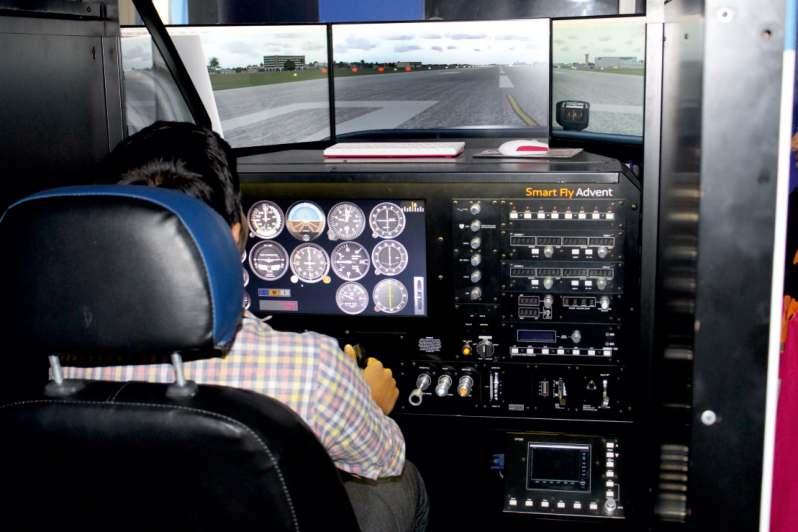
Ÿ Area President- India Area, Y's Men International.
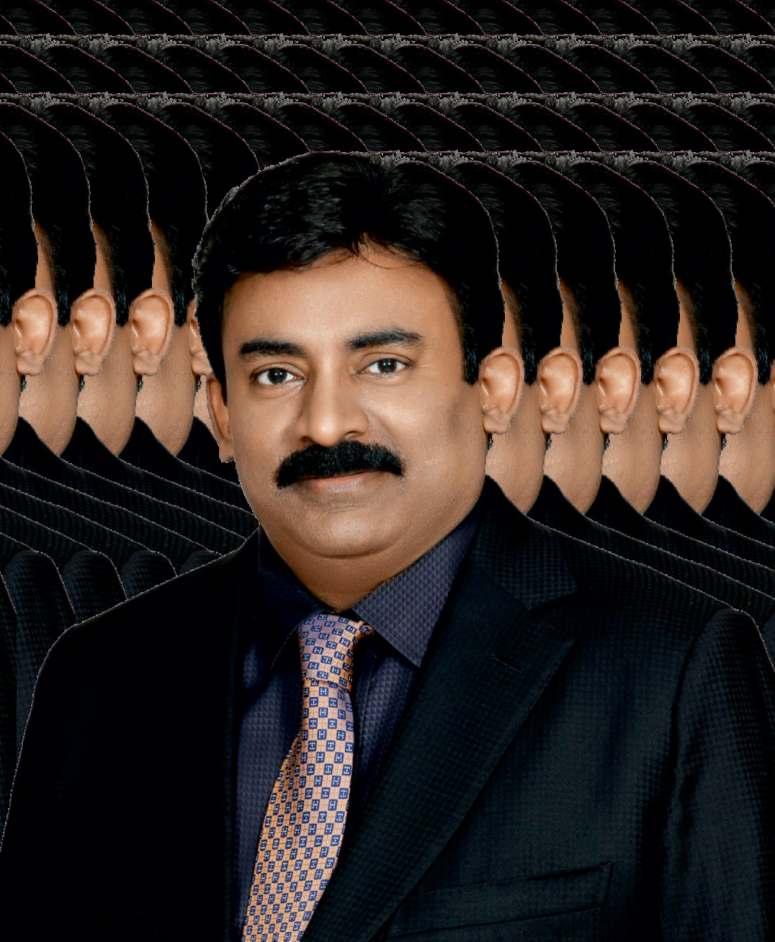
We prepare our young learners to become job creators than job seekers. We inculcate the spirit of innovation and entrepreneurship through Innovation and Entrepreneurship Cells.
CEO, Hindustan
Technology proves different by focusing on imparting holistic education, which would create engineering leaders for the future.
KCG College of Technology has a clear and far-sighted vision and adopts strategies that help learners to keep up with the changing times. The top leadership of KCG Tech believes that investing in youth is investing in future and therefore the college works towards producing quality engineers meeting industry requirements and global standards. It invites experts from industries, institutions, notable alumni from India and abroad to conduct workshops and give lectures in seminars, webinars and conferences and enable students to up skill themselves. It hosts project competitions like Hackathon, Ideathon and innovation challenge to encourage students carry out engineering projects addressing societal problems. The Office of International Affairs of the college in stills confidence in students motivates and guides them to approach foreign universities for higher education, take up internships and carry out research projects. It is worth mentioning that KCG College of Technology is the only engineering college in Tamil Nadu with a dedicated
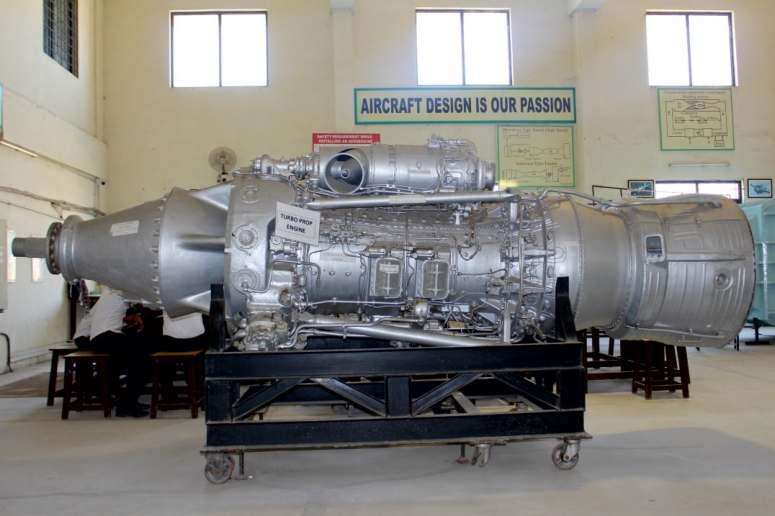
and exclusive office to look after International Affairs on their campus.

Through Higher Education Cell, the faculty guides students willing to pursue higher education in India and abroad in their preparation for IELTS, TOEFL, GMAT, GRE and GATE. The Office of Students Affairs provides guidance and support for student wellbeing and the full time student counsellor helps and guides students with personal and academic challenges.
The 15 clubs (7 technical clubs and 8 non-technical clubs) that are currently active on campus hone the skills and knowledge of the students enabling them to participate in the competitions conducted by the college and other institutions/organisations. The NSS, NCC, Rotaract Club, Toastmasters Club, Engineers without Borders, IEDC cultivate the spirit of service, leadership, innovation and entrepreneurship among students. We have a Centre for Transformational Leadership (CTL) to create strong, realistic and visionary leaders.
While speaking about the efficiency and this visionary outlook, Dr Anand Jacob Verghese asserts, "We prepare
our young learners to become job creators than job seekers. We inculcate the spirit of innovation and entrepreneurship through Innovation and Entrepreneurship Cells (i-cell and e-cell). We are the first college, under Anna University, to launch Government-funded Technology Business Incubator (TBI)."
The college has also signed MoU with foreign universities and organisations facilitating exchange programmes, research opportunities, and conducting foreign language classes like German, Korean, and Russian.
The institute encourages its current students and its alumni to pursue entrepreneurship. The management has approved a pre-seed grant of Rs.10 lakhs for alumni start-ups. Recently it organised 'Pitch Fest- Lift Off 21' in which a total of seven teams, two student teams from final year and five alumni teams, presented their business ideas.
The institute maintains a good rapport with the core companies and IT products/services. It has signed MoUs with more than 70 industries to improve placement opportunities for the students.
The college also has 14 Centers of Excellence (COE) as Industry-Institute partnership initiatives.
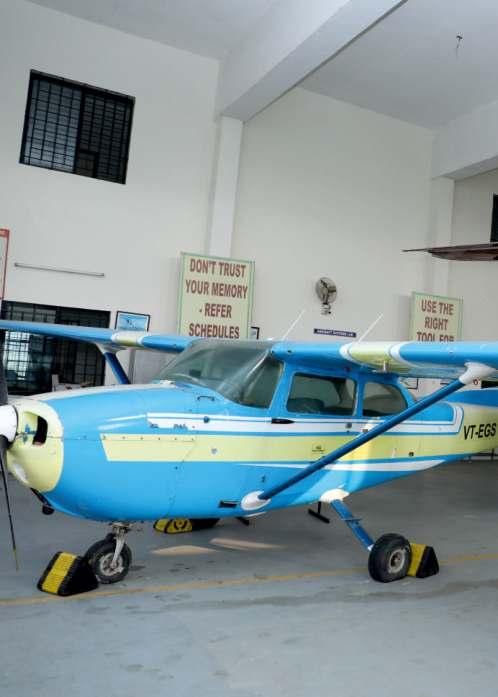
Industry-Institute interaction of this kind helps to identify the gaps in the curriculum offered by the affiliating university, design an industry-linked curriculum accordingly and deliver content beyond the curriculum.
While speaking about the college's enthusiastic future plans, Dr Anand Jacob Verghese informs, "The College is planning to introduce unconventional courses that are yet to become popular, systematising further the scheme of assessment and evaluation, collaborating with foreign universities, and introducing one-ortwo-semester-abroad programmes." He strongly advocated blended learning to online and face-to-face learning and said "The learning outcome in a hybrid classroom has been the highest." "It is very important to discover how to learn using all available communication channels and choose the ones that best suit learning," he added.
Accredited with a score of A+ by NAAC Ÿ Four Programmes (CSE, ECE, IT, MECH) accredited by NBA Ÿ
Ÿ
Ranked in the band of 201-250 by National Institutional Ranking Framework (NIRF 2021)
Ÿ
Ranked in Band Excellent by ARIIA ( ATAL Ranking of Institution on Innovation Achievements) 2021
Top 10 Indian applicants for Patents from Industries and Universities by Intellectual Property India Ÿ KCG- Team Vikranti was the winner of AICTE Lilavati Award 2022 for Women Empowerment under the sub theme Self Defense. Ÿ
Ÿ
AICTE- Chhatra Vishwakarma Award- second runner up and a cash award - for the student team, Marvelous Maniacs, for the project "Safety Taser- Gender Responsive Mechanism to Combat Domestic Violence" Ÿ
Awarded Best PALS Partner Institute 2022 Ÿ
"Legacy of Women Leaders and Women of Impact Award 2021" by IITMadras Alumni Association to Dr. Annie Jacob, Director-KCG College of Technology. Dr Annie Jacob was also recognized as one of the Femina Icons of the South 2021-2022 by Femina Magazine. Ÿ KCG-EEE & KCG –Civil are the winners of the AICTE-CII award for the Industry Linked Institutes 2020. Ÿ
KCG-Electronics and Allied category won AICTE-CII award for the best Industry Linked Institutes 2019. Ÿ KCG was the Hatrick winner of AICTE-MHRD Smart India Hackathon (2017, 18 and 19).
Ÿ Ranked 11th in the India's Digital Index Award, 19th in the India's Top T Schools and 22nd in the India's Employability Index by Data Quest 2022 Ÿ Ranked in the category of AAA+ among the India's Best Engineering Colleges by Career's 360 in 2022 Ÿ
62 Anna University Ranks since 2015 Ÿ Most Innovative Technology College in Tamil Nadu by Top Gallant Media 2021
Ÿ
Selected by MIC/AICTE as a centre to host, Toycathon, an event conducted by Govt. of India to promote indigenous toy industry. We were one of the 7 centers that had the privilege of hosting an interactive session with the Honourable Prime Minister of India Shri Narendra Modiji Ÿ The Emerging College for Fashion Technology studies by Fashion Business Awards 2021
Ÿ
Ranked 51 across India and positioned in the A5 Band : Institution of Academic Excellence by OBE Ranking 2021 Ÿ
Awarded the Indian Achiever's award 2021 for Excellence in Education by the Indian Achiever's Forum Ÿ Best in Industry-Academia Interface 2021 in 7th Global Education and Skill Summit Leadership Award Ÿ
Ranked No. 1 amongst the Anna University Affiliated Non-Autonomous Colleges (Tamil Nadu) In India Today Ranking 2021
Ÿ
Ranked 13th in Chennai based on Highest Placements in top MNCs by Aspiring Minds 2021


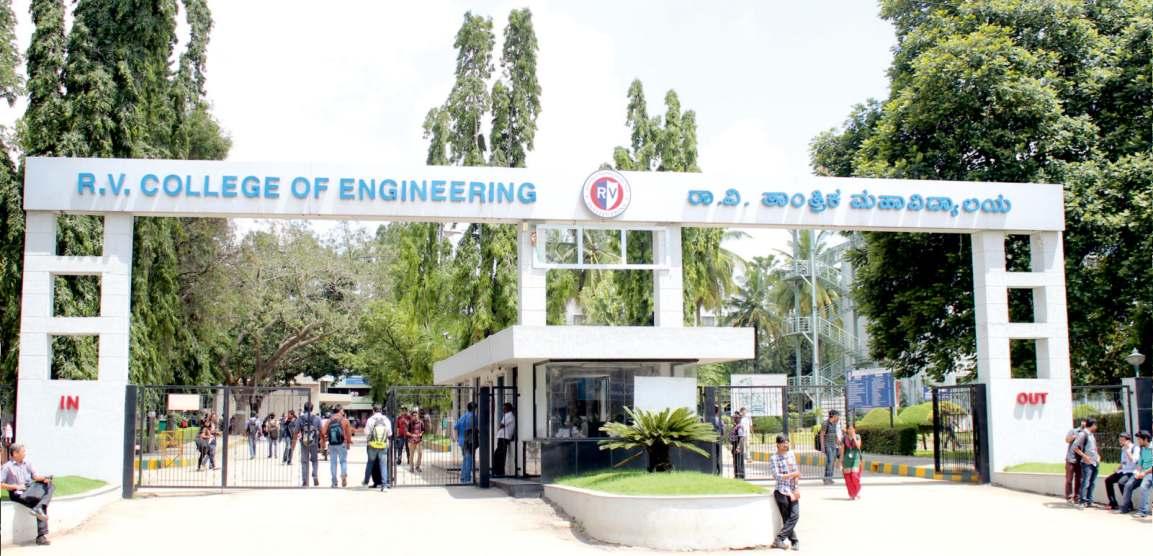
IIn mythologies worldwide, a
significant emphasis is showcased on humans' endeavour of flying. Apart from the Hindu and Japanese epics, several depictions can be seen in the western culture and the eastern hemisphere of the world.
Narrowing it down with the depiction of human flying endeavour, Leonardo da Vinci's flying machine drafted a picture of the first model of an aeroplane. Later on, the first successful take-off of the human flying dream was accelerated by the first model of an aircraft proposed by the Wright Brothers.
Since then, the world has gone through several changes in the aerospace sector. The dream was given a different direction from using the aircraft as a war machine, to commercialising the aircraft business. With many people wanting to fly the incredible machine
developed by humans with a will to contribute more to the long-seen dream, many educational institutes were drawn into the picture.
For those aspirants willing to fly the mighty bird-like objects in the sky, the need to understand the dynamics and necessities was the need of the hour. Many aerospace engineering colleges were set up to serve man's era-defining dream.
With time they evolved, and with a need to see that the world gets a chance and set new boundaries to this human adventure, RV College of Engineering was established. The college, since its inception, has dedicated itself to grooming students to contribute to this human venture.
Observing this adventure of RV College of Engineering, The Knowledge Review magazine caught
up with Dr K N Subramanya , the Principal of the college. In an interactive discussion with the magazine, he highlights the college's approach to quality aerospace engineering education and contributes more to man's flying adventure.
Spreading the Broad Wings of Human Endeavour
Operated by the Rashtreeya Sikshana Samithi Trust, RV College of Engineering (RVCE) was founded in 1963, and today it proudly presents itself as one of the top-ten selffinancing engineering colleges in the Country. With annual enrolment reaching the milestone of 1700 applicants, RVCE abides by the mantra of facilitating Outcome-Based Education (OBE) with experiential learning, interdisciplinary research, established governance, an entrepreneurial culture, and sustainable and inclusive technologies in focus.
RVCE, an Autonomous college, offers 13 Bachelor's Degree programs and 16 Master's Degree Programs, and special research centres are developed for every department. Moreover, the college is affiliated to Visvesvaraya Technological University (VTU) Belagavi makes it even more special for the students studying in the college.
Professionalism, Commitment, Integrity, Teamwork, Innovation
Leadership in Quality Technical Education, Interdisciplinary Research & Innovation, with a Focus on Sustainable and Inclusive Technology
Ÿ
To deliver outcome-based quality education and emphasise experiential learning with the stateof-the-art infrastructure.
Ÿ Creating a conducive environment for interdisciplinary research and innovation.
Ÿ
Developing professionals through holistic education focusing on individual growth, discipline, integrity, ethics, and social sensitivity.
Ÿ
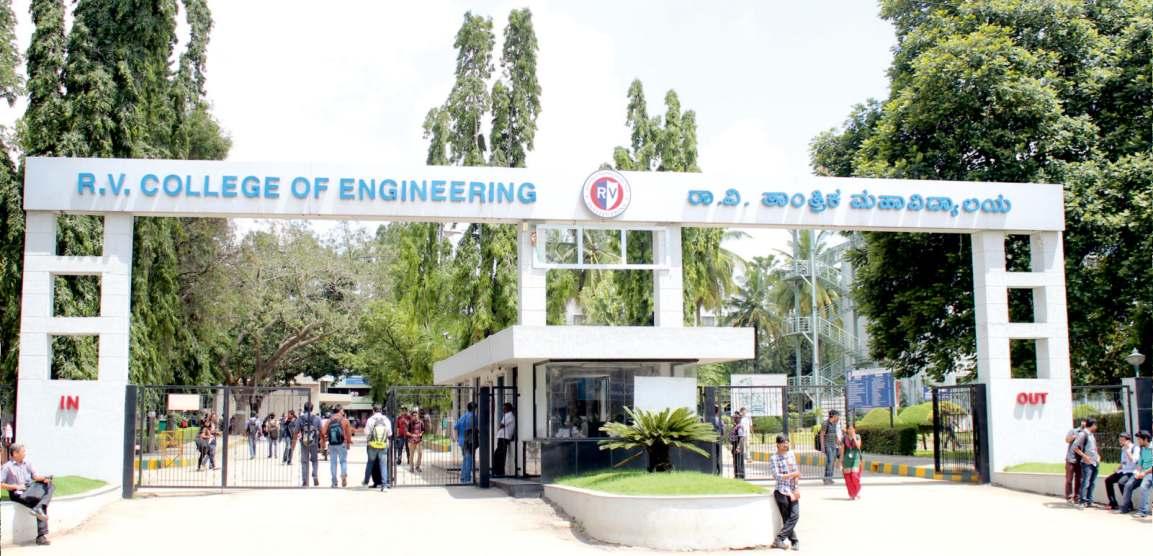
To nurture industry-institution collaboration to competency enhancement and entrepreneurship.
Ÿ Focusing on sustainable and inclusive technologies, benefiting all sections of society.
Talking about the college's academic programs and other initiatives, Principal Dr K N Subramanya says, "At RVCE, 13 Undergraduate Engineering programmes, 16 Masters Degree programmes and Doctoral Research programmes are offered. To stay abreast with the technology, the entire curriculum landscape is enhanced and updated every two to three years. Additionally, the traditional Teaching-learning techniques are drastically getting transformed into digital teaching modes with the introduction of the latest ICT tools. The entire institute is undergoing a metamorphological change ensuring an effective teachinglearning and knowledge assimilation process."

With project and experimental learning being the need of the hour for many
students wishing to enter the aerospace industry, the college has developed its whole curriculum. Embracing the novel project and experiential-based learning, the Principal says, "The advent of experiential learning, design thinking lab, internships, minor and major projects have provided enough thrust among students to think out-ofthe-box. Further, it has been instrumental in converting a simple idea into a technological masterpiece through sequential incubation and periodical developments. This provides enough scope and opportunities for students to get not only adequate theoretical know-how but also the required practical understanding."
Leading through the Conventional Mission of RSST
The founder of The Rashtreeya Sikshana Samithi Trust (RSST), Sri M C Shivananda Sarma, founded the
“The Aerospace department has state of the art lab facilities in aerospace domain verticals such as Aerodynamics, Propulsion, Structures and Avionics.
Trust in 1940 when education was considered a privilege. With a mission to 'Impart Quality Education to all strata of the Society' , the educational institutes from Kindergarten to Professional colleges in Bengaluru were set up. RVCE is the flagship institution of the Trust. Sri Meda Kasturi Ranga Setty, a businessman & philanthropist, joined hands together to pull this movement forward.
The college is headed by the Principal, Dr K N Subramanya. Serving the educational sector for 29 years, he has become a prominent educator and an eminent researcher. He has been instrumental in the college's success and in bringing the prestigious institute to this stature.
"Keeping in step with the RSST's mission, 'Excellence in Education with Societal Commitment', the college under his leadership has been successful in providing opportunities, especially to challenged, disabled and economically weaker sections of the society. He has published and presented more than 100 Technical papers in National and International Conferences and Journals and has executed and co-ordinating sponsored research projects and consultancy works," the college management said about the Dr K N Subramanya.
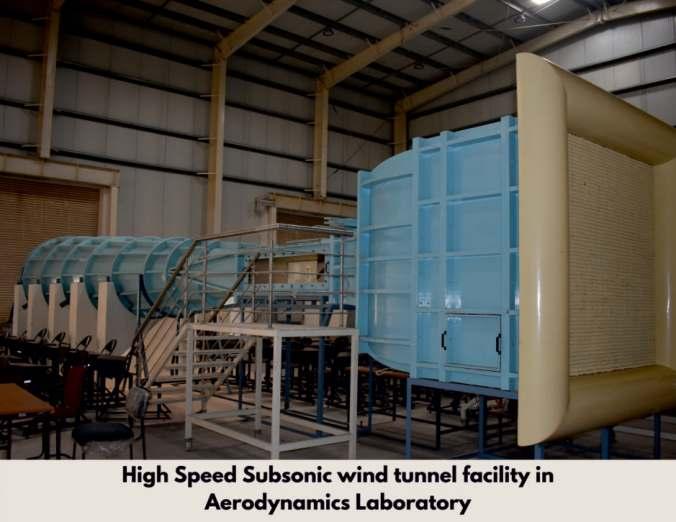
The Aerospace Engineering Department has gotten special attention and coverage because of the Head of the Department, Dr Ravindra S. Kulkarni's sheer leadership and management quality. Though he has held the position since 2015, he has been involved in the inception and development of the department from a rough draft to being a special department.
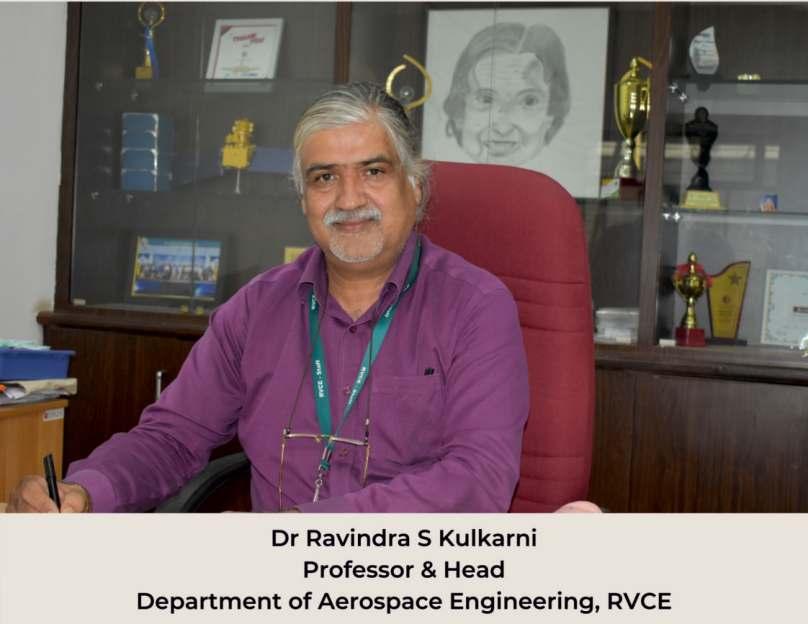
Dr Ravindra S. Kulkarni, Professor and Head of the Department brings a rich experience of more than 30 years of teaching and research to the Institution. Being an alumnus of the prestigious Indian Institute of Science (IISc), Dept. of Aerospace Engineering, he has been phenomenal in giving the prestigious status to the aerospace department. Moreover, he has gathered a team of excellent educators to train and groom
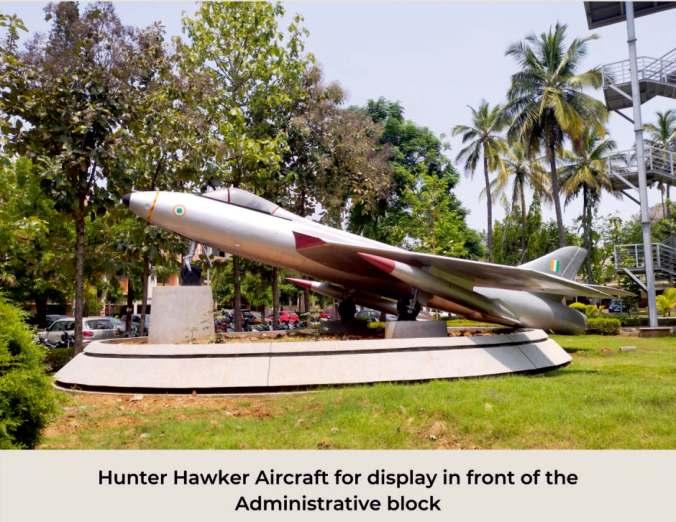
Impart Quality Education to all strata of the Society.
students to provide them with the boost to become the wings of the Indian aerospace industry.
RV College of Engineering is an institution which has always strived to deliver quality education at an affordable cost to students, without any distinction of caste, creed, or financial status over 60 years.
Emphasising on the institute's approach to grooming the aerospace experts of tomorrow, Dr K N Subramanya says, "RVCE's Aerospace Department is a trendsetting institution preparing the leaders of tomorrow and enable India to truly become the rightful world leader that India was about 400 years ago (before the arrival of the Europeans). Thus, we hope to feature in the top hundred technical institutes in Asia, in the next five years and be among the top 150 technical institutes in the world by 2025."

The college has made itself economically sustainable by leveraging the teaching-learning process and industry-academic collaboration itself for revenue generation through consultancy, R&D, continuing education, and IP. "More importantly, being a role model for a technical education that delivers affordable quality technical education, combined with cutting-edge research & technology solutions relevant to society," highlighted the college Principal.
During the inception of RV College of Engineering's Department of Aerospace, it was incepted to provide wings to the aspirant engineers. Highlighting the college's process and education facilities, the Principal says , "The Aerospace department has state of the art lab facilities in aerospace domain verticals such as Aerodynamics, Propulsion, Structures and Avionics. Further Advancements
are being made to upgrade the Measurement and Instrumentation aspects of various test setup. The satellite development lab and Drone Development lab are in the future pipeline. In addition AR, VR and MR based lab facilities are being taken up to catch up with Industry 4.0. The department is keen on establishing a Center of Excellence for Aerospace Testing and Simulation Studies."
Further asserting the college's various initiatives, Dr K N Suramanya says, "Initiatives are underway towards providing a Feel of pilot flying experience to all the students through Virtual Flight simulator and Real Aircraft flying Experience with the support of flight schools."
The institute takes pride in commuting the knowledge humans have harnessed over the years with the world. The institution has to its credit over 1500 National and International Journal publications, filed over 50 patents, 50 published patents, seven granted patents, and completed sponsored research and consultancy projects worth Rs. 25 crores in the last three years. The institution has established various Centers of Excellence on the campus. The college currently has a student strength of more than 5500, faculty strength of above 350, a technical, and administrative staff of about 225 and around 350 research scholars pursuing PhD. The students have won awards and accolades in national and international competitions.
Moreover, to highlight some of the awards won by the institute are: th Ÿ Ranked 77 in the Country by the National Institutional Ranking Framework (NIRF: 2019-20)
Ÿ
QS-IGUAGE -Diamond University Rating (2021-2024)
“The entire institute
EduFuture Excellence Award -Best Private Engineering University (South) by Zee Digital Ÿ "Engineering College of the Year2021" by the Higher Education Review Magazine th Ÿ Ranked 34 in the Country by The Week Magazine-2020 th Ÿ Ranked 6 among the top 10 of 100 Pvt. Engg. Colleges in the Country by Education World MagazineMay 21 Ÿ Eleven UG programs and eligible M.Tech & MCA programs have been accredited by NBA multiple times
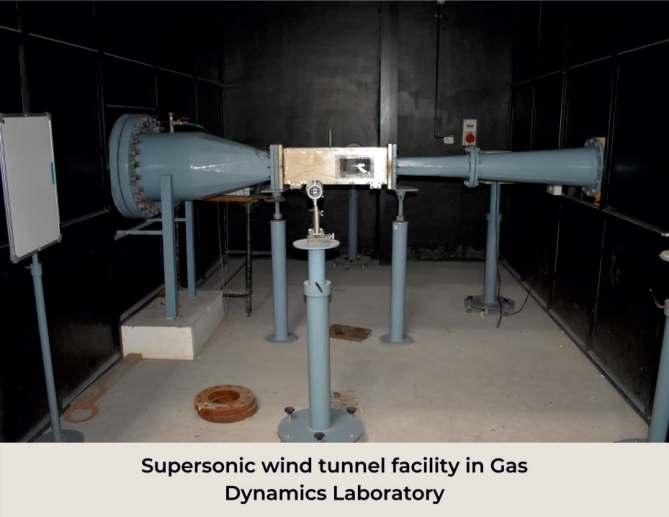
Projecting the future of the college, Dr K N Subramanya envisions , "The future of the college is envisaged based on the Strategic Development Plan (SDP). The theme for the SDP covers all critical aspects of the institution. The SDP implementation in its full spirit may lead this institution towards the most preferred institution in the Asia Pacific and also among all its stakeholders."
With SDP, the college curated the future with a clear vision, mission, quality policy, core values, institutional
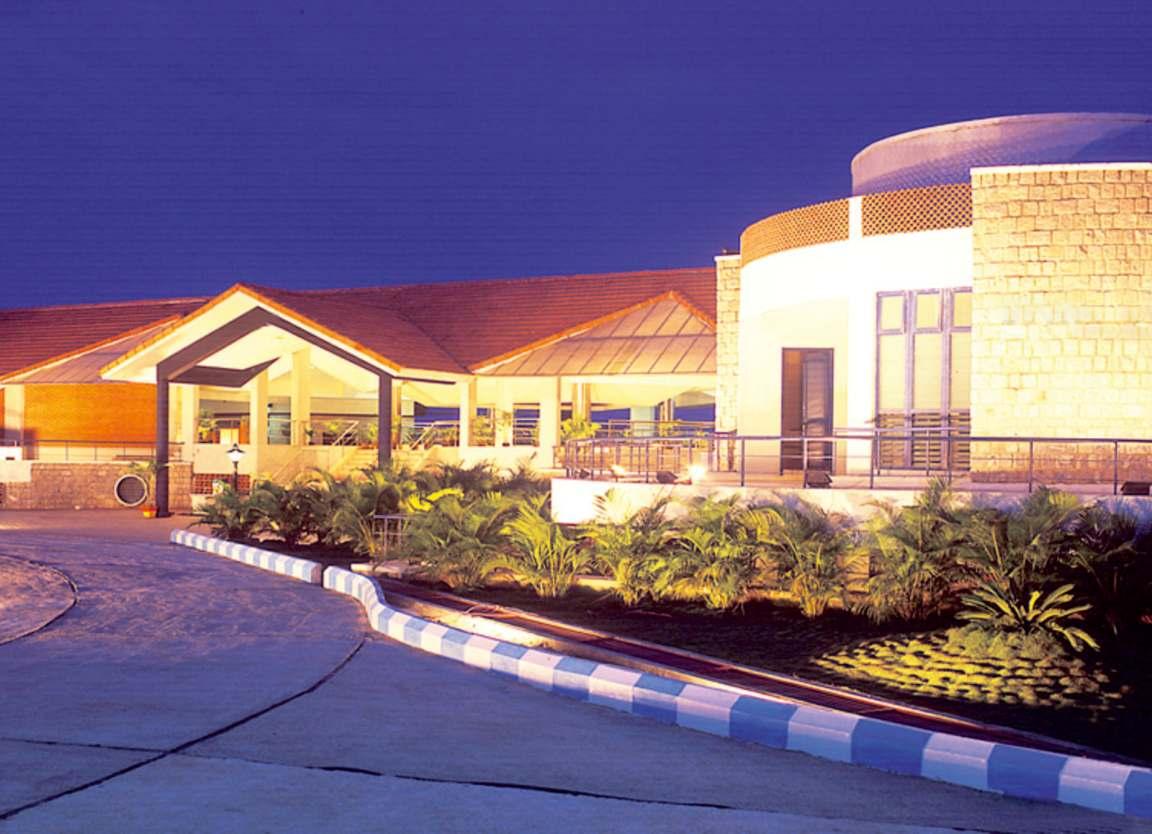
Advising the future of pupils preparing for the flight, Dr K N Subramanya says, 'Aerospace engineering, being highly multidisciplinary, is also a niche area. The technologies that go into the manufacture of aerospace systems are highly critical. Owing to which, the engineers would be exposed to complex courses requiring strong fundamentals based on physics and mathematics. With strong determination, positive mindset, perseverance etc., courses can be well learnt and completed with flying colours.
The Future challenges, such as providing public mobility system by Unmanned Air Mobility system and Extraterrestrial Manned Space Mission programs, will create interesting and Challenging opportunities.
strategic goals, strategies, substrategies and goals. The key performance indicator of SDP can be its successful implementation and evaluation aspects. With confidence in the institution's human resources and
management capability, the college aims to implement SDP effectively, leading to the growth of the institute in comparison with the international standards.
is undergoing a metamorphological change ensuring an effective teaching-learning and knowledge assimilation process.

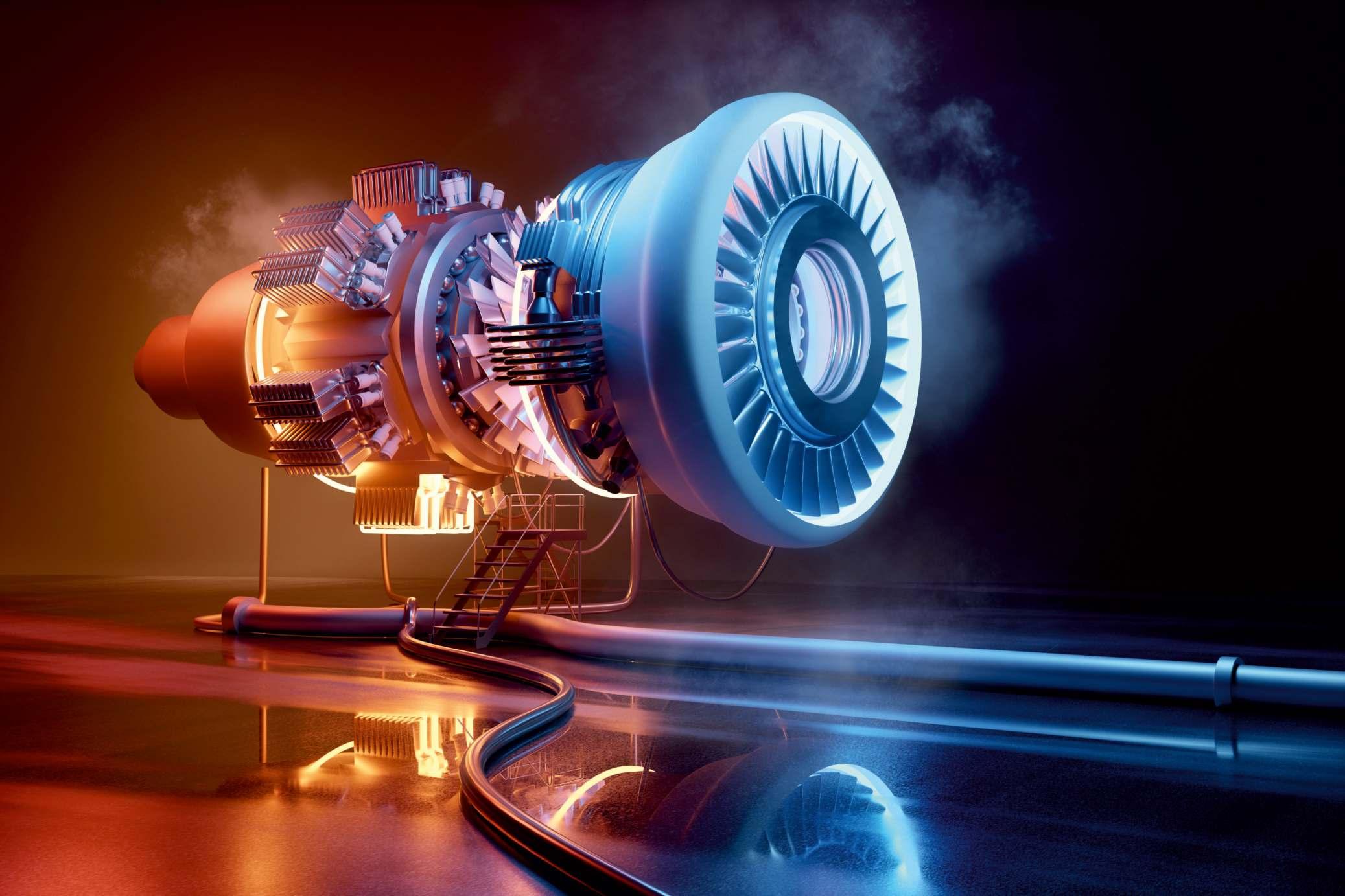


1903 was an eventful year for the


aerospace industry. It created a lot of havoc with the invention of the aeroplane as it was introduced to the world. Over the years, with continuous change and modifications in technology, the aerospace industry has developed a lot from what it was. Being a diverse industry with a legion of commercial, industrial, and military applications, it consists of aeronautics and astronautics research, design, production, operation, and
maintenance of aircraft and spacecraft and the list may go on!
With the thought of 'limit beyond skies' , scientists believe that there is plenty of room for inventions and innovations.
And, Curiosity around aerospace is catching interest from many around the world, widening the scope of development and research in the aerospace industry. The new trends and

technology have evolved aerospace education to quite an extent, making it go digital.
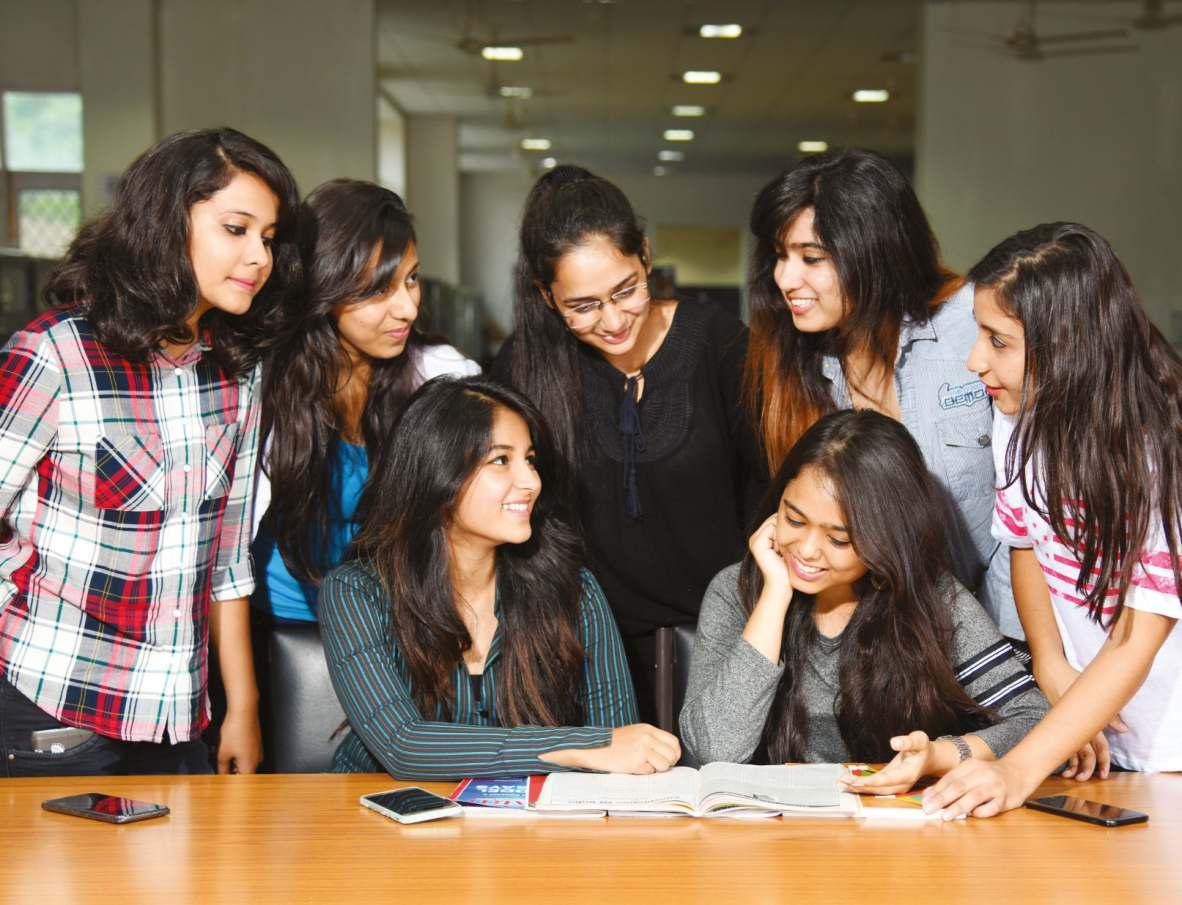
Take Off: Beginning of Aviation Aviation Education and training began right after the invention of the aeroplane by the Wright brothers in the th early 20 century. However, aerospace found its roots in the soil of France, where it developed further. Aircraft training appeared as a consequence of World War I and World War II. The training later took the form of aeronautical or aerospace engineering, establishing the first four-year program in 1916 and gradually developed, making it one of the major forms of study.
It is widely believed that the successful militaries across the world, like the US, UK, and Germany, took an important step towards the development of aviation, resulting in the creation of aviation institutions. Presently there are hundreds of colleges and degrees in the aerospace industry.
Confused, which one could be your best bit? Follow the trail in the next segment.
Over a century, a lot of progress around the globe has been observed regarding education in the aerospace industry and the involvement of technology that has made it digitalized and safe. Personal aviation has developed as more people want to learn to fly an aircraft as a hobby rather than making it their profession. This has resulted in the creation of numerous flight schools across the world.
In such institutions, training given to budding pilots is extremely supervised and safe, unlike before. It consists of two major components:
· Ground school and

· Hands-on Flight Training.
Both of these are sides of the same coin. Ground school teaches the basics of aerospace, but it can be accomplished individually; however, hands-on flight training needs to be done under professional supervision. The involvement of technology, especially AI, has helped the development of the aerospace sector more than ever, enabling learning a fun and exciting experience along with keeping it safe.
During the Flight Aerospace is a wide domain that provides a lot to its pursuer, including the ability to adapt to change, work with the new system, understand technology and guidelines, and conduct technical inspections. It provides chances to work as part of a team, employee, and as an independent pilot according to one's own needs and desires. Working with deadlines in detail, critical, analytical thinking and problem-solving help individuals with all-around development.
Inside aviation, it is essential to understand the necessity of multitasking, which includes hand-eye coordination along with detailed concentration. Moreover, the improvement in mechanical skills and physical strength improved the quality along with safety awareness. This study of aerospace helps in spatial perception, verbal and written communication, and visualization skills as well.
Walking towards the future, aerospace looks deep into the future, wanting to involve more of technology with it. It is estimated that by 2035 the world will have the first zero-emission

commercial aircraft. Airbus has recently released three concepts, each representing an approach to achieve zero-emission flight by exploring various technology pathways and aerodynamic configurations in order to support their ambition of pioneering the decarbonization of the entire aviation industry.
Apart from this, the introduction of SHM (Structural Health Monitoring) has helped in the reduction of potential loss of life in aircraft accidents involving catastrophic fatigue failure. Over a decade, researchers have made significant advances in the development of NDE sensors for SHM. These sensors can monitor significantly large areas of the structure, including fibre optics, passive acoustic emission, and active ultrasounds.
On similar lines, the issues regarding aircrafts could be anticipated using IoT and AI. IoT-based predictive maintenance solution help to foresee potential damage as it sends critical data to technicians before the actual hazard occurs.
US Air Force Research Laboratory is currently using AI to increase the speed of material discovery and lower the coat of technology.
Also, there is an attempt towards an autonomous flight system, with the goal to launch flights on their own though this change still looks away from the present, investment and the wheel of time are sure to speed it up.
With the growth and development involving technology in the aerospace sector, it is bound to develop very fast, especially given youngsters' interest in the field. Tomorrow is still left to the dream, just like the one Wright Brothers saw.









Engineering! Does this word bring pride in oneself? An engineering student spends hours in lectures and practicals to grasp the most intricate theories and ideas. The students not only learn the innate engineering fundamentals but also explore a unique way of life and an impeccable attitude to solve the most complex problems smartly.
Engineers have different levels of perseverance in any situation because of their strong analytical skills, which have been indulged since their college period; they are trained hard for every situation of their life.

Sri Ramakrishna Engineering College (SREC), Coimbatore, strives to preserve this ethos of engineering in a true sense and prepare modern engineering leaders. The eminent college also primarily focuses on women empowerment, with 48 per cent of female faculties and 42 per cent of female students.
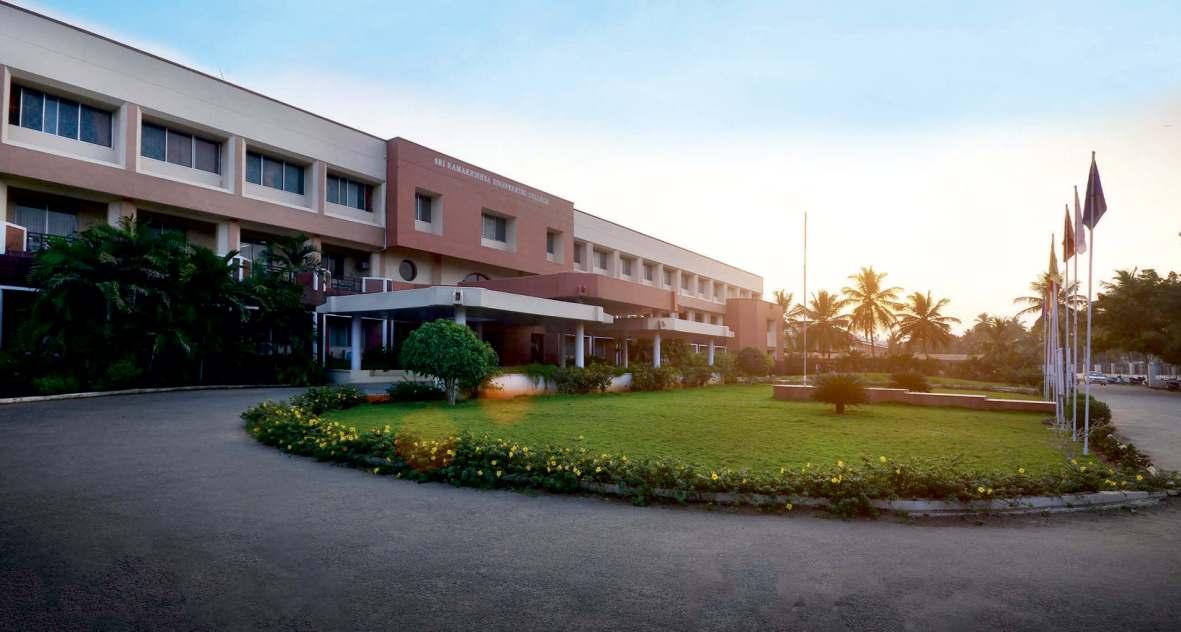
It primarily focuses on the aeronautical departments as there is a massive demand in the stream. The college is also linked with various industries to provide the best placement services to its students. SREC also provides internships, in-plant training, and onthe-job training to their students to fill the gap between the industry and educational sector.
While conversing with The Knowledge Review , Dr N R. Alamleu , the college's Principal, enlightens the unique teaching pedagogy, its journey and its vision for the future.
SREC has the vision to develop into a leading world-class Technological University of Schools of Excellence.
Sri Ramakrishna Engineering College (SREC), Coimbatore, was established in 1994 by SNR Sons Charitable Trust. The college is one of the 15 institutions managed by the trust.
Since 2007 the institute has been enjoying the autonomy status, with an A+ grade through two cycles of NAAC. For the last four years, the institute has been ranked among the top 200 institutions in the NIRF. All the college departments are permanently affiliated with Anna University, Chennai and all eligible programs are accredited by NBA.
The institute initiated four Undergraduate (UG) programmes with an annual intake of 180 in 1994 and currently has eleven UG programmes and seven Postgraduate (PG) programmes in Engineering and Technology; the institute also provides five years integrated MTech in Computer Science & Engineering and MBA programmes.
SREC has been adaptive towards a multi-disciplinary learning approach through value addition, in which a Mechanical student can earn a specialization in 3D Printing/Robotics and Automation or a minor in IoT/Data Science, and an Aeronautical Engineering student can earn a minor in AI (Artificial Intelligence)/ML (Machine Learning).
The specializations and minors come with 20 additional earning credits with joint industry certifications. All these certifications can be earned within the four year period of study and gives a holistic learning preparing the students for the industry needs, aligning with Industry 4.0/5.0.
The college has a magnificent research culture in the campus with an average annual funding of INR Three crores from various funding agenciesAICTE, DST, CSIR, DRDO and others, to nurture research. The institute supports full-time and parttime scholars with institutional and government research fellowships.
The curricula and syllabi of the college have been evolving continuously around the ever-changing dynamics of the world to nurture entrepreneurs, encourage societal concerns, and promote live-in-labs.
The institute is managed by the SNR Sons Charitable trust, founded in 1970 by the illustrious sons of Sri. S. N. Rangasamy Naidu and run by a board of trustees, who are themselves engineers & technocrats, with the right vision and invaluable assets to make the right decisions for the institution's growth.
Currently, the institute is headed by a senior academician, Dr N.R. Alamleu with the vision to develop it as one of the best industry-linked institutes in the country by taking comprehensive initiatives - innovation, entrepreneurship, and holistic learning through the Institution Innovation Council (IIC), ATAL Innovation Mission, AICTE – IDEA (Idea Development Evaluation & Application) Lab and a recognized Business incubation facility: SRECSPARK
Dr Alamleu has been recognized by both National and International Professional Bodies and the PSG & Sons' Charities, Coimbatore, for her contributions to the growth of technical education and professional societies.
She is a recipient of the prestigious ISTE (Indian Society for Technical Education)- Bhartiya Vidya Bhavan National Award for Best Engineering College Principal in 2015. She is also a recipient of the IEEE MAS (Institute of Electrical and Electronics Engineers) Life Time Achievement Award for outstanding leadership and contribution to IEEE Madras Section.
While talking with Dr Alamleu about the college, she highlighted the core values, beliefs, and the vision of the college. She said, "SREC has the vision to develop into a leading world-class Technological University of Schools of Excellence in various disciplines with a co-existent Centre for Engineering Solutions Development for a worldwide clientele. We strive to achieve our vision through the mission: To provide all necessary inputs to the students for them to grow into knowledge engineers and scientists, Excellence in domain knowledgepractice and theory; Excellence in cocurricular and Extracurricular talents, and Excellence in character and personality. "
A Comprehensive Learning Experience at SREC
SREC provides quality education in one of the specialized programs, i.e., Aeronautical Engineering, to the nextgenerations passionate engineers. The department was established in 2008, and since then, there has been tremendous growth in all spheres of Aeronautical Engineering.
While enhancing their students' learning, the institute's department is equipped with the latest cutting-edge technology, including a full-fledged Flight Simulator and two-trainer Aircraft . The Curricula and syllabi give weightage to the core domains of
The college primarily focuses on women's empowerment, with 48 per cent female faculties, and 42 per cent of female students. SREC has achieved many awards and accreditation since its inception, a few of them are listed below-
FICCI FLO - Recognized SREC as the Preferred Workplace for Women in 2018
Ÿ
Recipient of CII - IWN Gender Parity Award in 2017
Best Known for Professional Society Affiliations: Ÿ
Received Aeronautical Society of India (ASI) - Best Student Chapter Award in 2019 Ÿ
Received Institution of Engineers (IE) - Best Student Chapter Award in 2019 Ÿ
Received Computer Society of India (CSI) - Best Student Chapter Award in 2017 Ÿ
Received Institute of Electrical and Electronics Engineers (IEEE) - R10 Asia Pacific Award in 2017 Ÿ
Received Indian Society for Technical Education (ISTE)National Award - Best Engineering College in 2016 Ÿ
Received IEEE Women in Engineering (WiE) - Best Student Branch, Global Award in 2016
Industry Institution Connects:
aviation, such as Aerodynamics, Propulsion, Structures, Flight Mechanics, Materials, and cutting-edge domains like Avionics and UAV.
To provide the placements services to their students, the institutions have tied up with premier industries and established a Centre of Excellence to develop application-oriented UAVs.
SREC has also enabled the students to partake in Training/Placement activities in their Core Domain with organizations like Capgemini, AirWorks, Collins Aerospace, and Boeing, to name a few, apart from research and higher education institutions like IITs and start-ups –ePlane.
Ÿ
Memorandum of Understanding with IAMPL (A Joint venture of HAL & Rolls-Royce), Capgemini, LTTS (L&T Technology Services), Mahindra & Mahindra, Lawrence, and Mayo, ELTAI, IBM, Huawei, and Bootlabs, to name a few and establishments of Centres of Excellence with Capgemini, GE, MELZ Infosys, Salzer, Nvidia, Texas Instruments, Siemens, and Intel to name a few - in the domains of Electic Vehicles, IoT, Cybersecurity, AI/ML, Sensors Technology, Data Sciecne and Green Technology Ÿ
Established a section 8 registered company, "SREC - SPARK" Foundation for Business Incubation Ÿ
SREC - Institution Industry Council rated four stars in 2022 and 5 stars in 2021 by Ministry of Education, Govt of India Ÿ
Recognized Member Institution for ATAL Innovation Mission and MHRD Institution Innovation Council, Ministry of Education, Govt. of India in 2021 Ÿ
Selected among 49 institutions in the country to set up AICTEIDEA Lab (Idea Development, Evaluation & Application) Ÿ
Recognized as "Band Excellent" in ATAL Ranking of Institutions on Innovation Achievement (ARIIA - 2021)
The students are trained on multiple domains through industry collaborations like Aircraft Maintenance by AirWorks , Drone piloting with DGCA certification in the Campus training facility collaborating with LYNX (A division of Lawrence and Mayo) . They are also trained to obtain Dassault Solidworks Certification as well. AICTE-Karma is approved for the department to enable skill development in Remotely piloted aircraft/drone piloting refresher course with AICTE & NCVT certifications.
Aeromodelling- Paper planes to RC planes, Water rocketry and DesignBuild-Fly UAVs are regular value additions nurturing the students' passion for Aeronautical Engineering. Altogether, the students at SREC have been provided ample opportunity to train and equip themselves for the outside world through workshops, internships, hands-on Aeromodelling, and industry-lead courses to prepare themselves for the growing demands of the industry.

The institute conducts a Universal Human Values (UHV) course, and the students must complete with the appropriate mentorship of AICTE certified teachers, who help the students to inculcate the values and ethics to become a good human being with excellent technical knowledge and care for society.
SREC is promoting value-based education through several programs that run across the department with the collaboration of the industries. The institute also has industry-led onecredit courses to fill the gap between industry and academy.
The institute also offers internships, inplant training, and on-the-job training to make their students industry-ready. With this outbound training, the students can polish and enhance their skills, such as team building and personality growth.
When we asked Dr Alamleu about the college's upcoming advancements in Aerospace Engineering, she states a few advancements that the college is going to make in the coming time; she says, "Drones are the next big thing in the Aerospace industry. Yes, drones have seen improvements in recent times. However, with the introduction of Industry 4.0 towards Industry 5.0, technological development in Electrical vehicles, AI, Machine Learning and Data Science has enabled the industries to look at new ventures using Drones. One such field is Urban Air Mobility, in simple terms, Air Taxis."
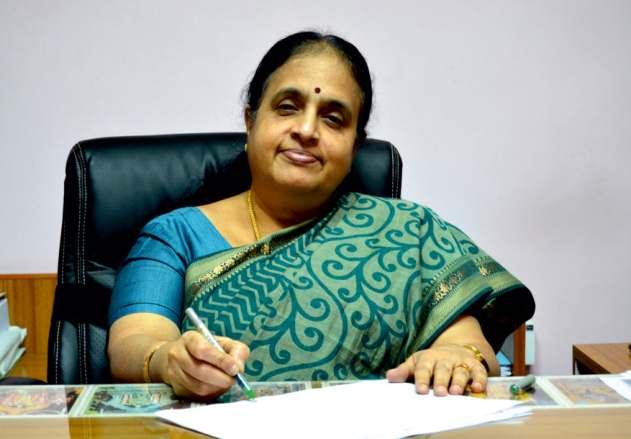
"The collaboration with LYNX has made it possible for DGCA-certified drone pilots to be trained on the
N. R. Alamelu Principal, Sri Ramakrishna Engineering Collegecampus. Through the Centre for Excellence in Unmanned Aerial Vehicles (UAVs), students are given opportunities to build drones for societal and commercial applications such as agriculture and firefighting, to name a few. In addition to our industry tie-ups with Capgemini for technical publications and Airworks for Maintenance, the institution is planning to engage with more industries to take on the new age of structural health monitoring, lightweight materials, swarm drones and much more."

SREC has always been focusing on the holistic learning of their students to be technically sound through multidisciplinary and inter-disciplinary learning approaches. It enables the students to be readily employable. The structure of the curricula provides
We strive to achieve our vision through the mission: To provide all necessary inputs to the students for them to grow into knowledge engineers and scientists, Excellence in domain knowledge- practice and theory.
opportunities for the students to study the requirements of the neighbourhood community and take a year gap to venture into entrepreneurial initiatives. According to the management of the college, this approach will not only provide an opportunity for placements but also for higher education and startups. It would create better sustainability for growth and development.
Dr